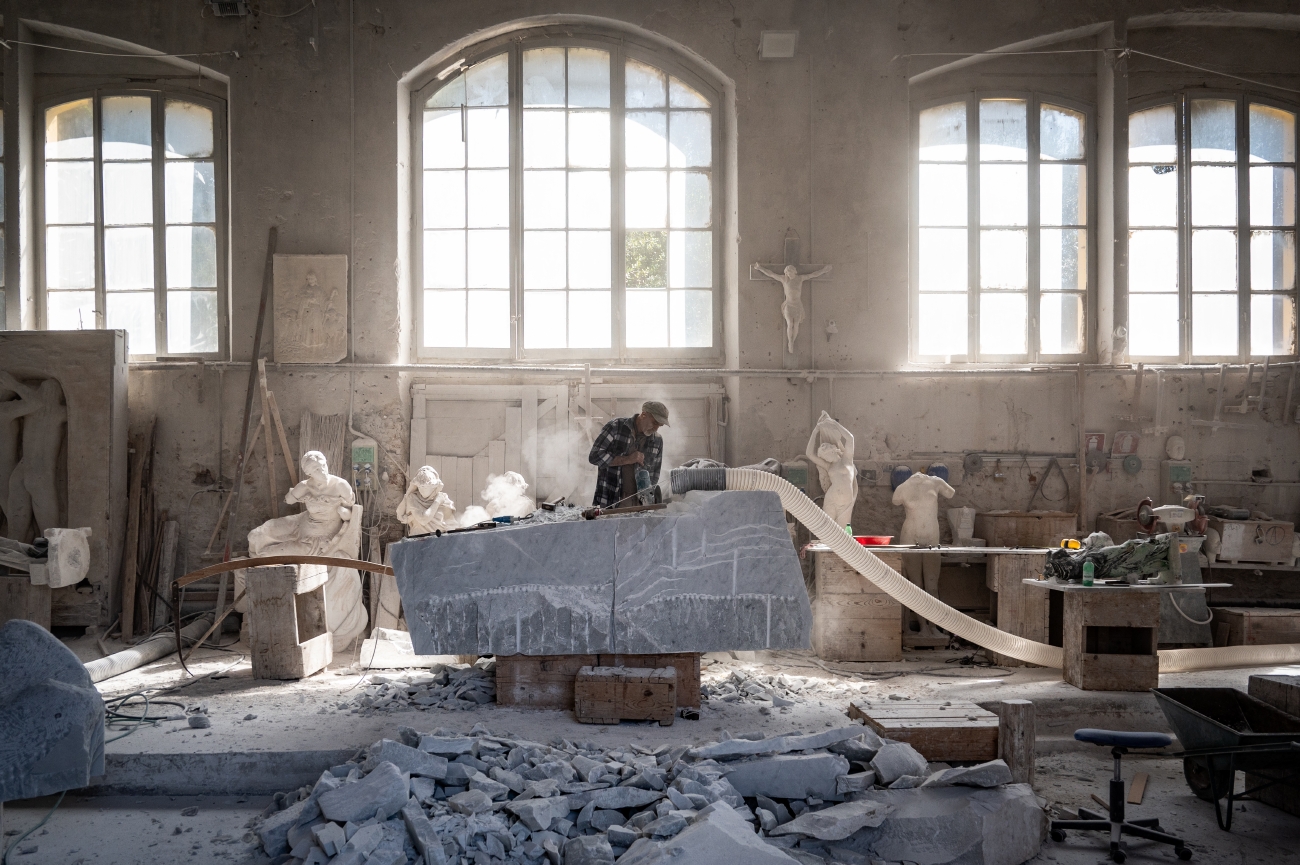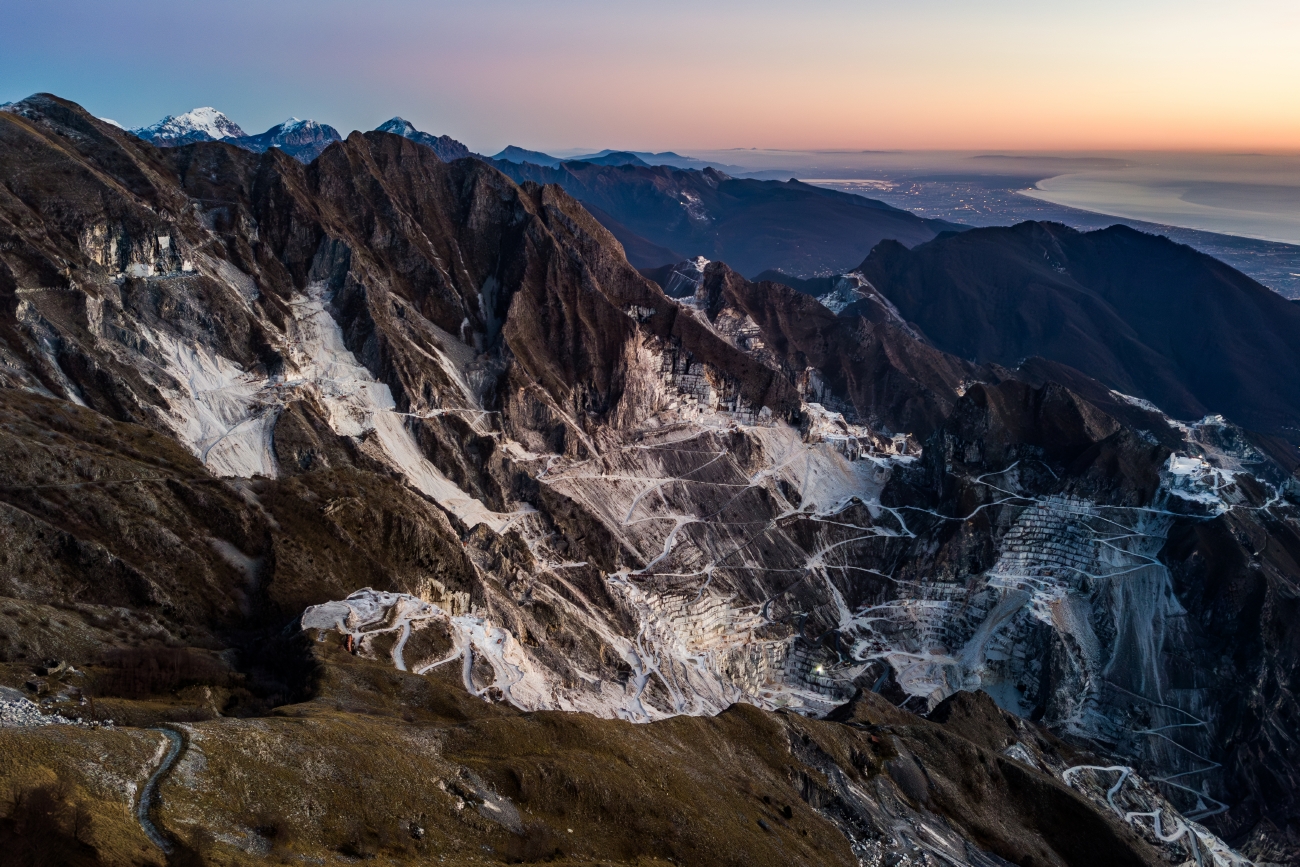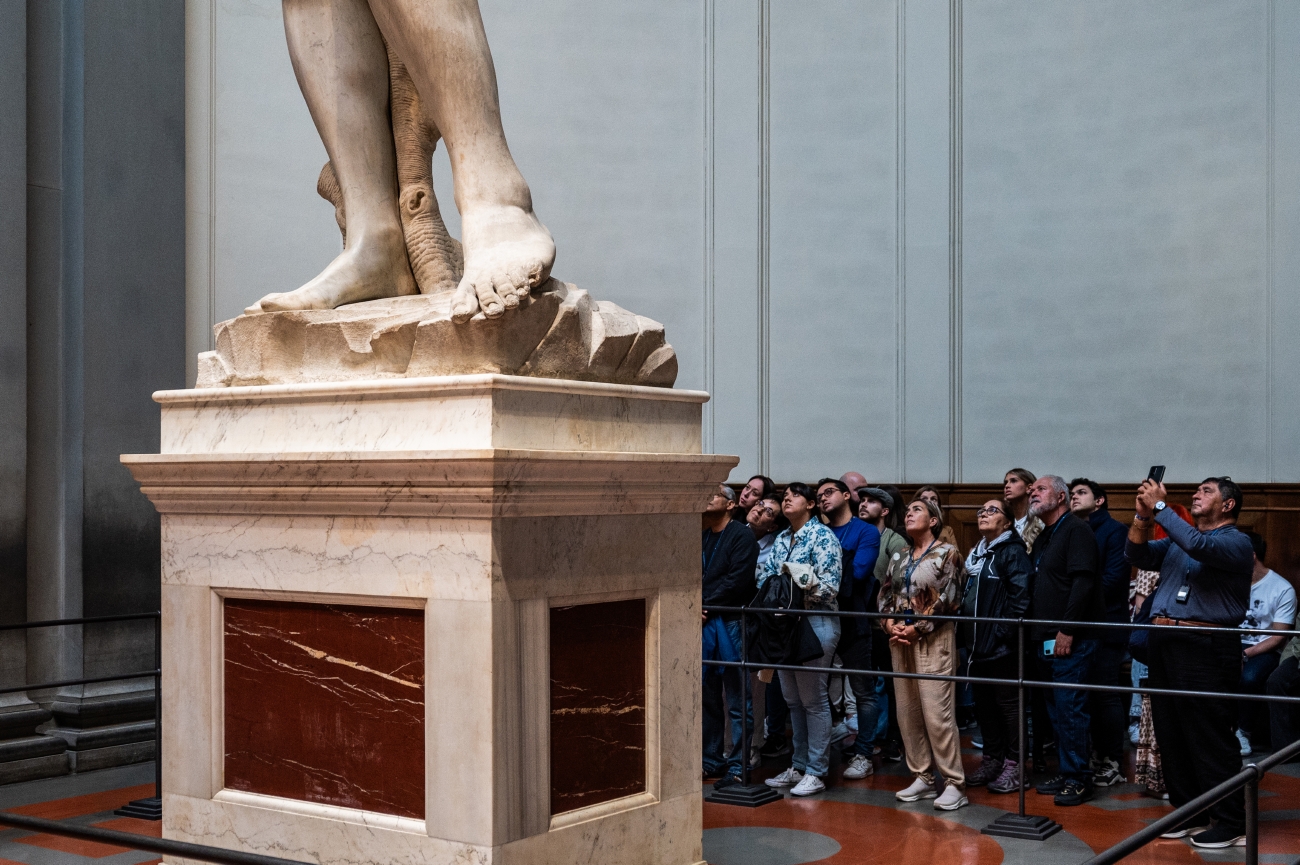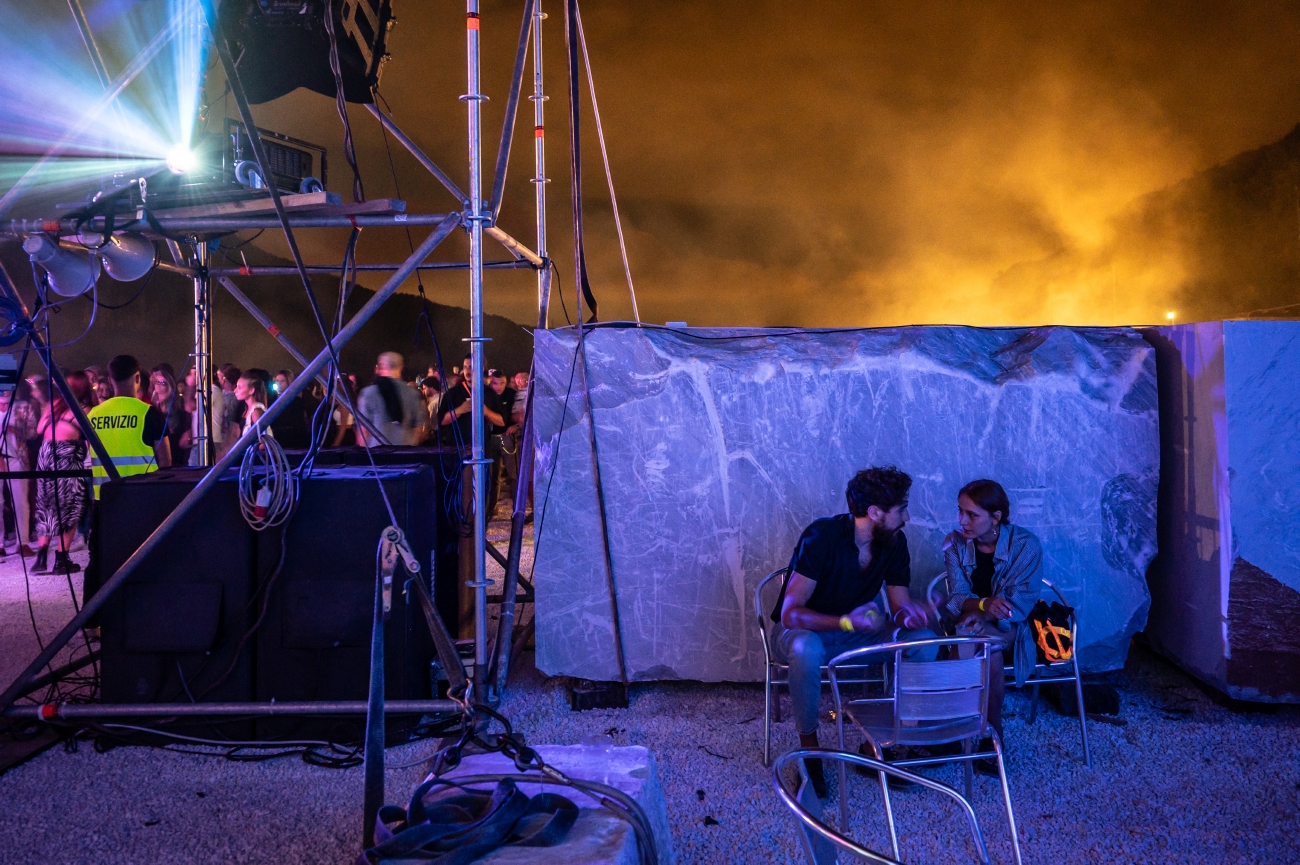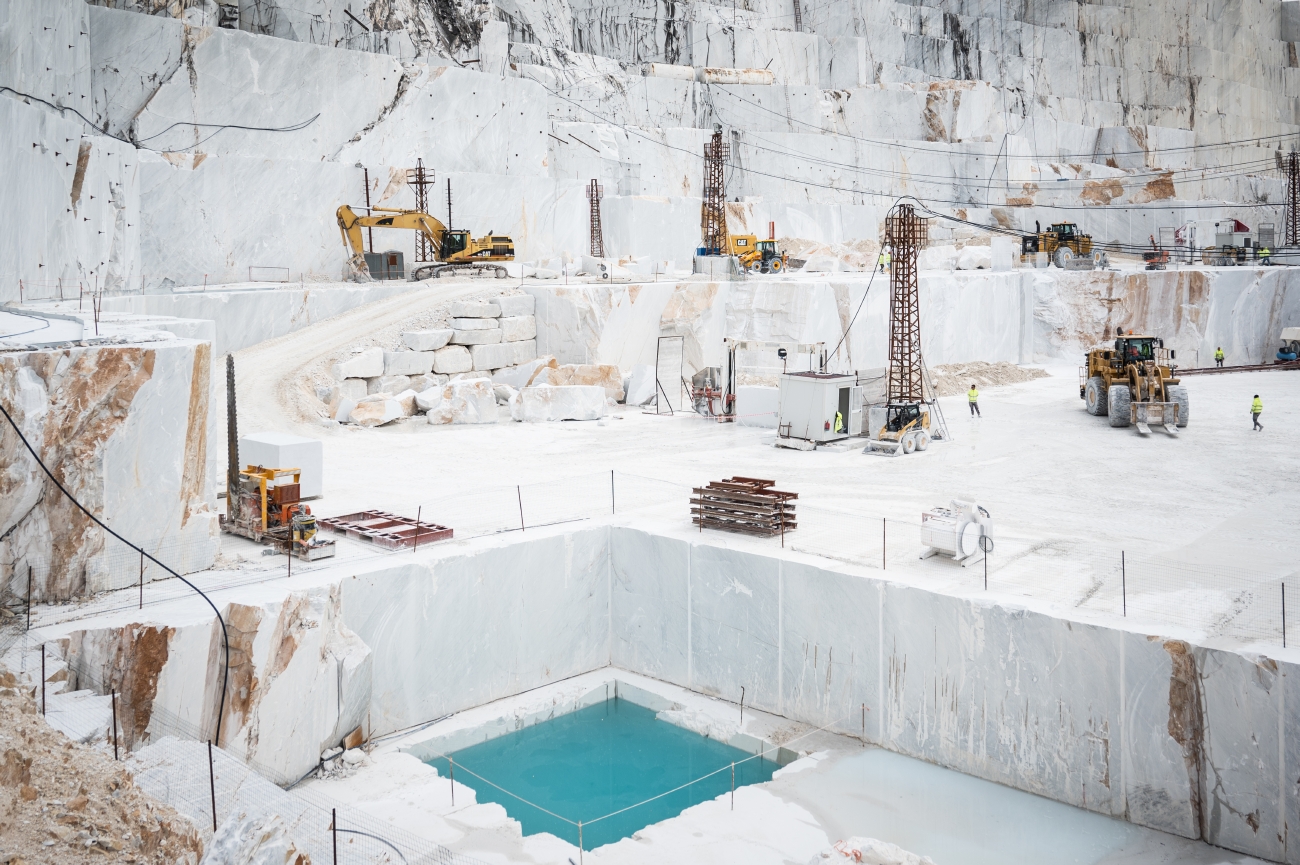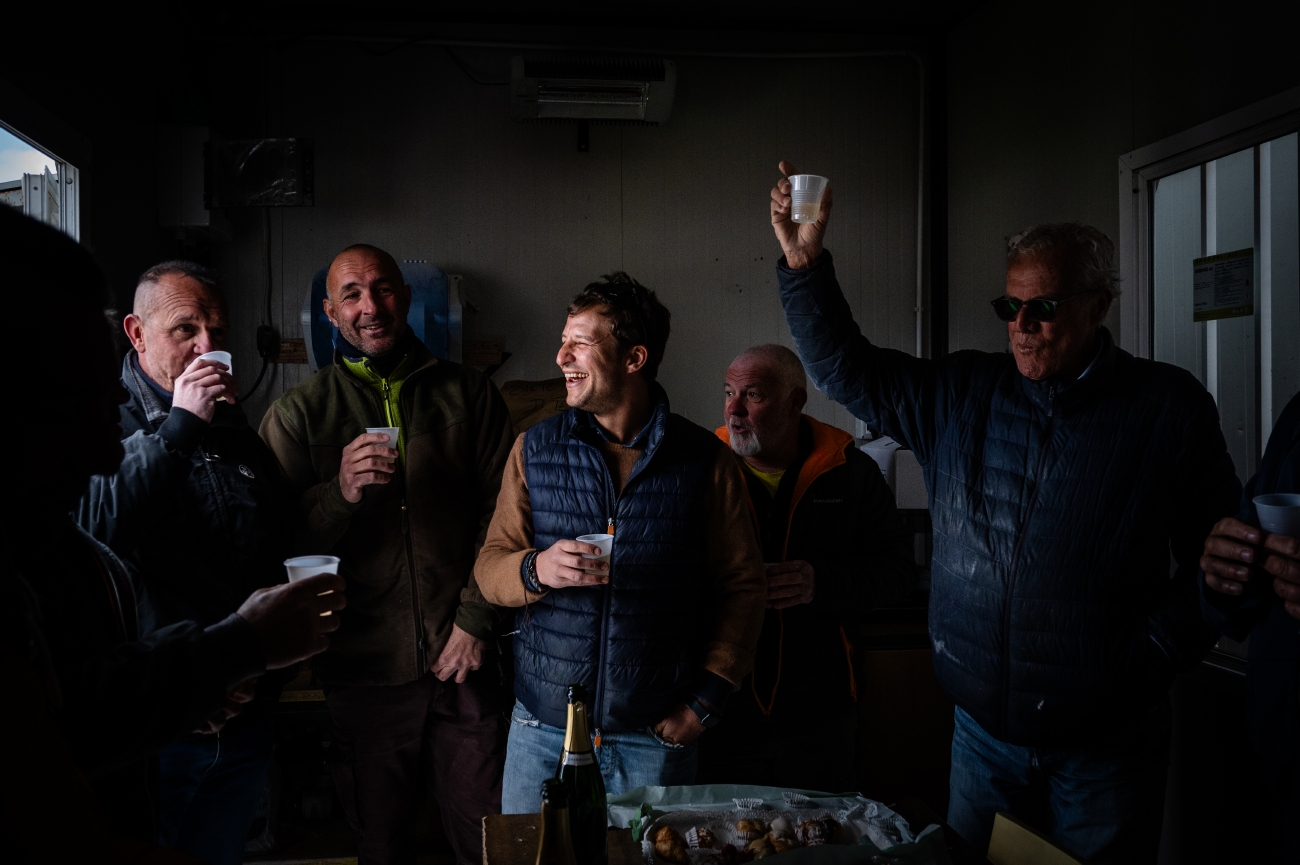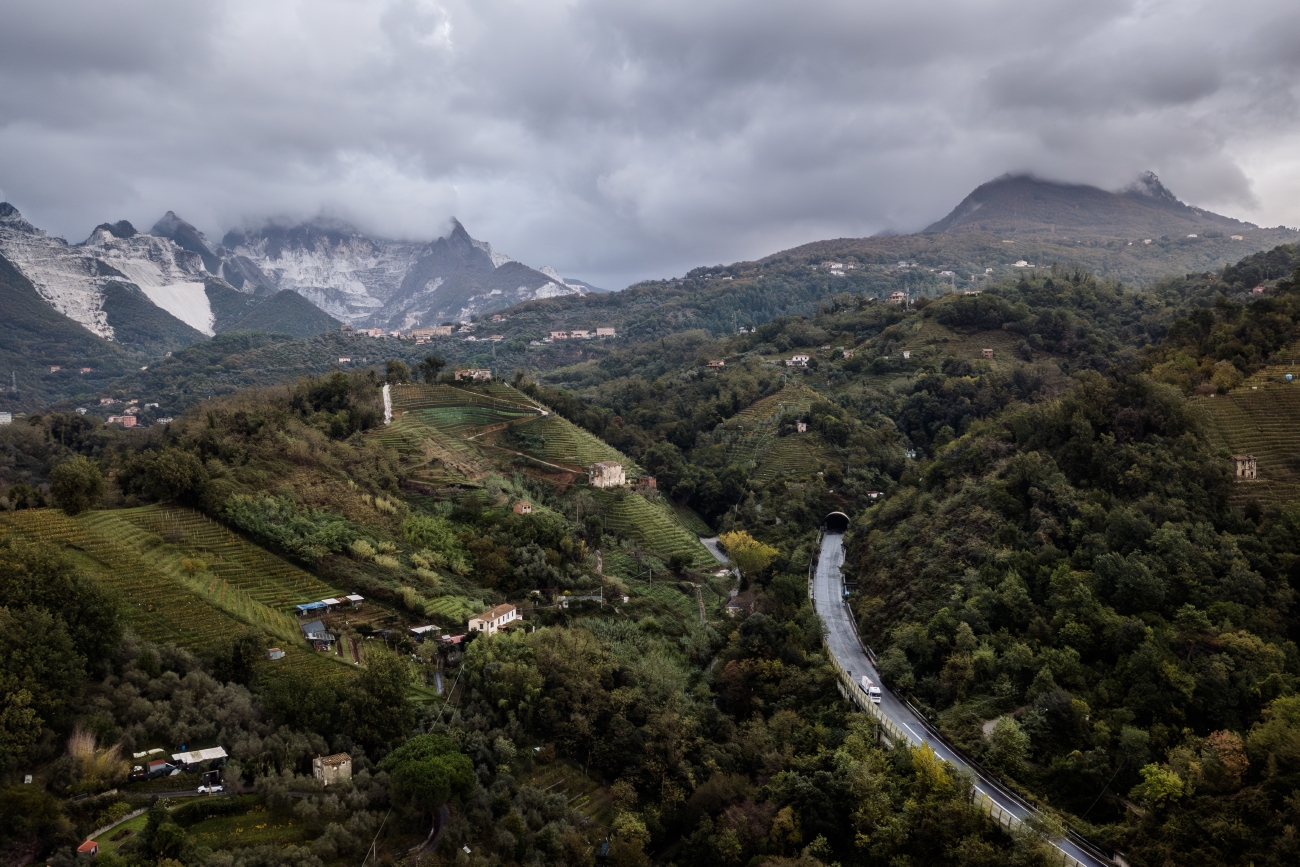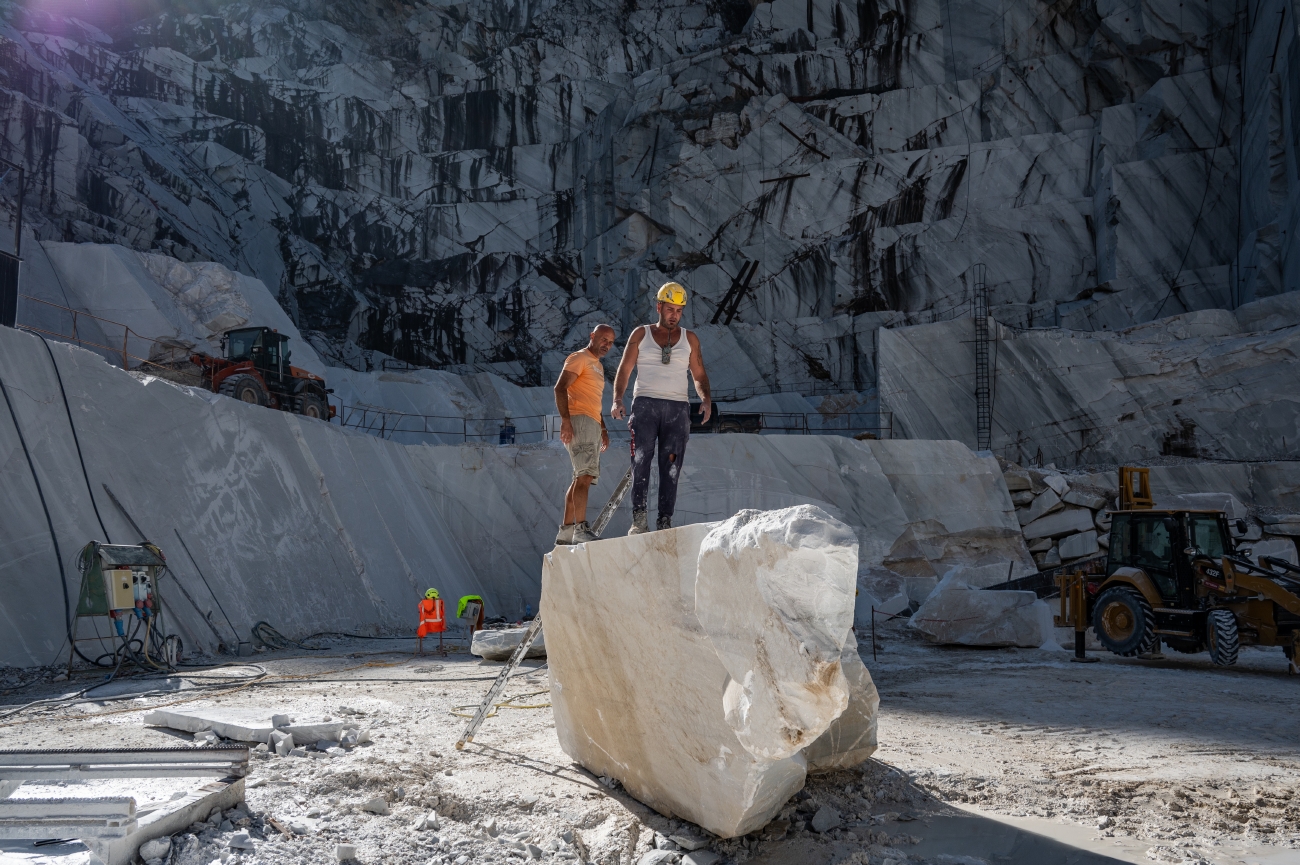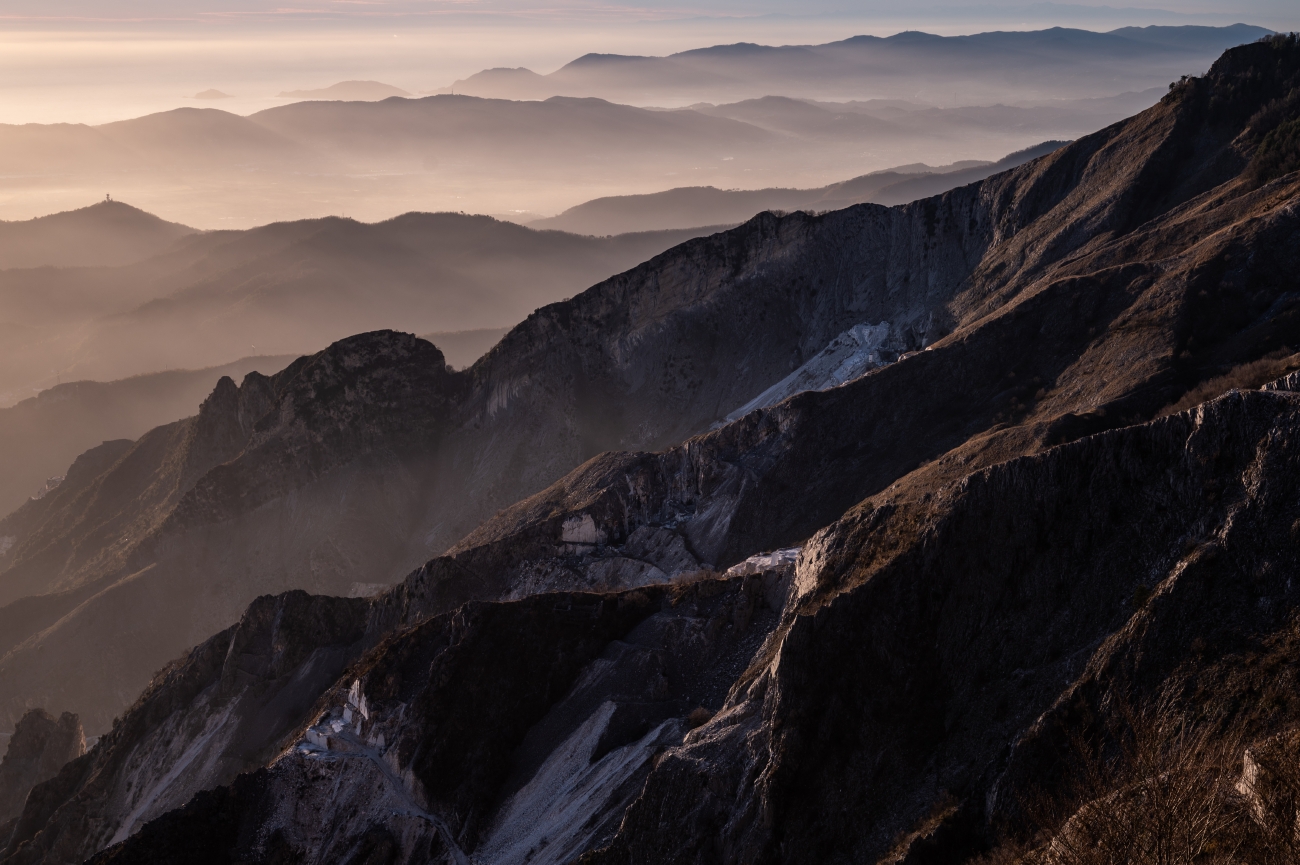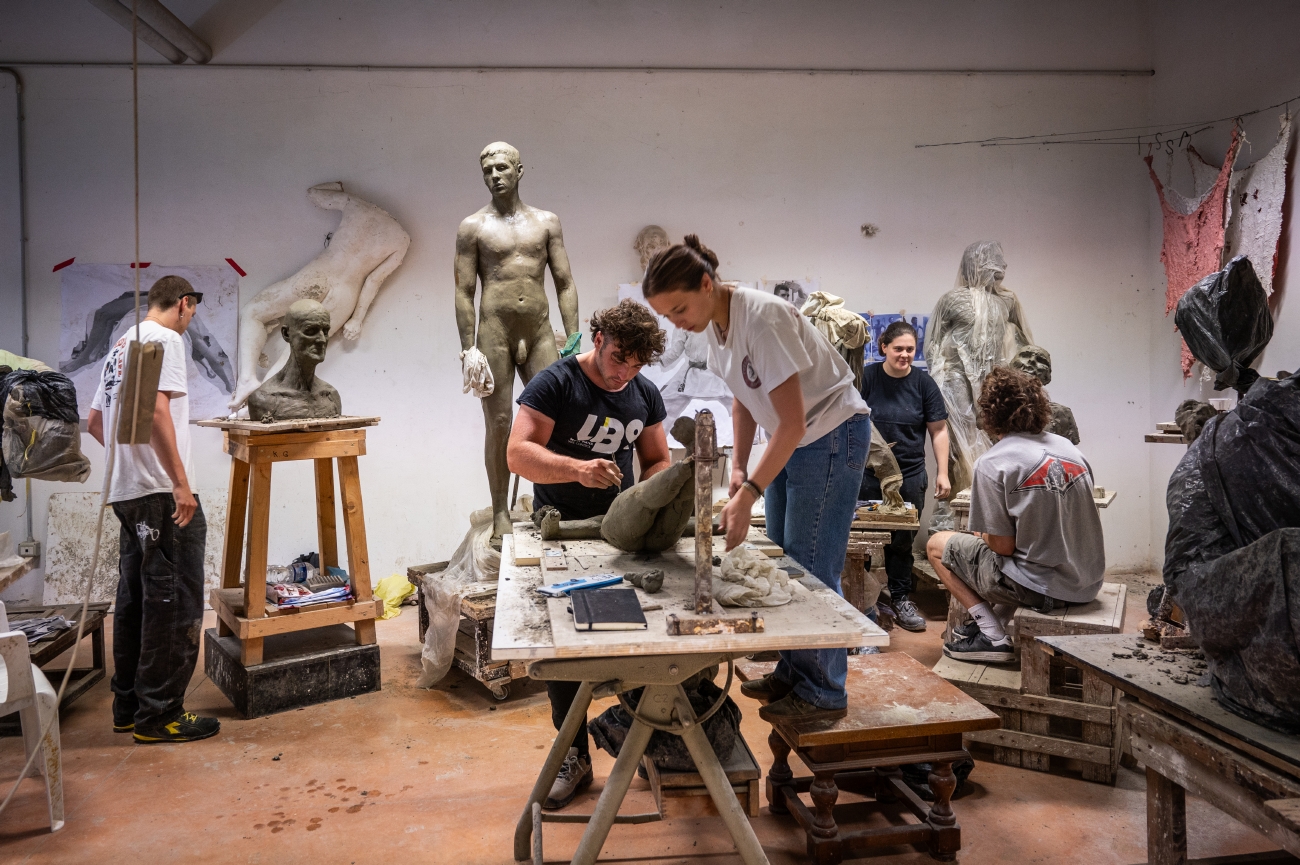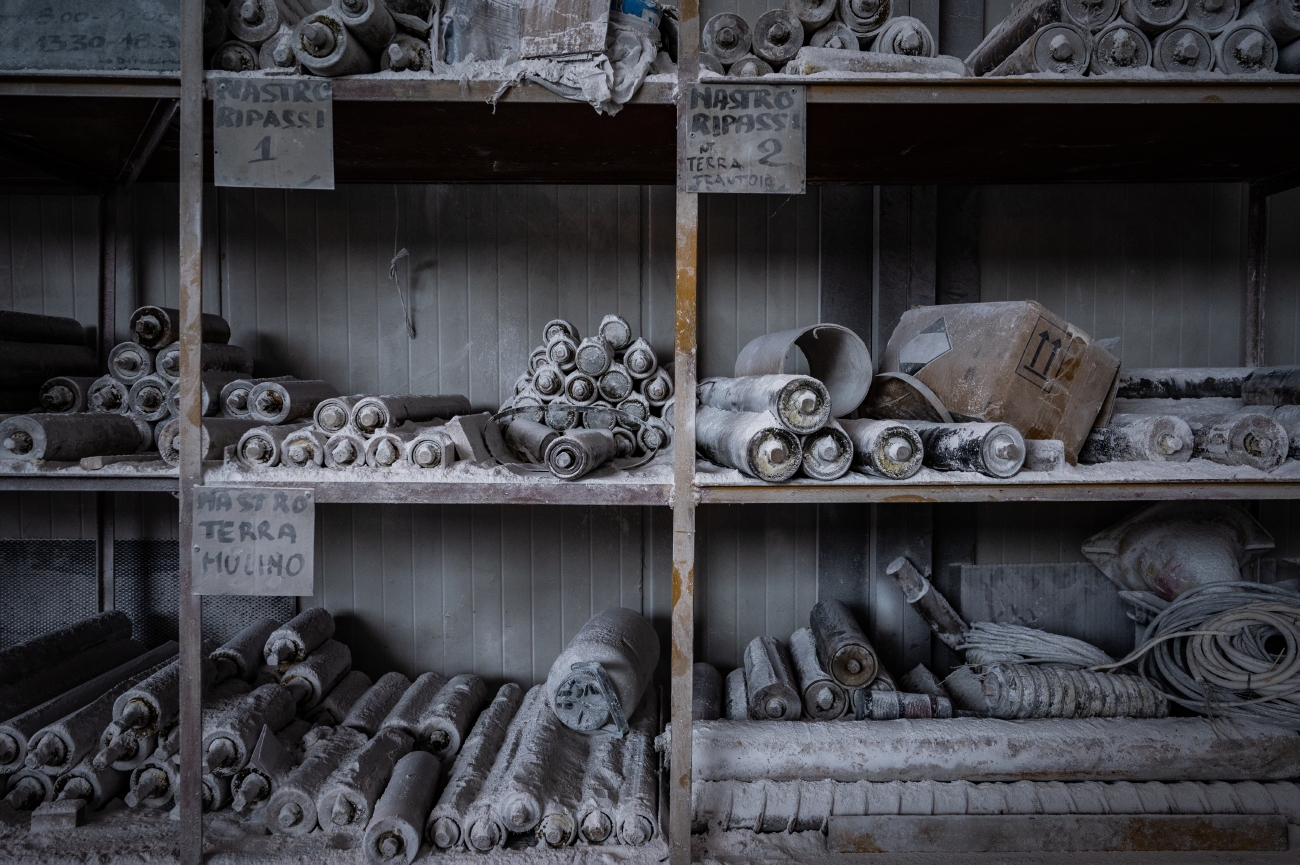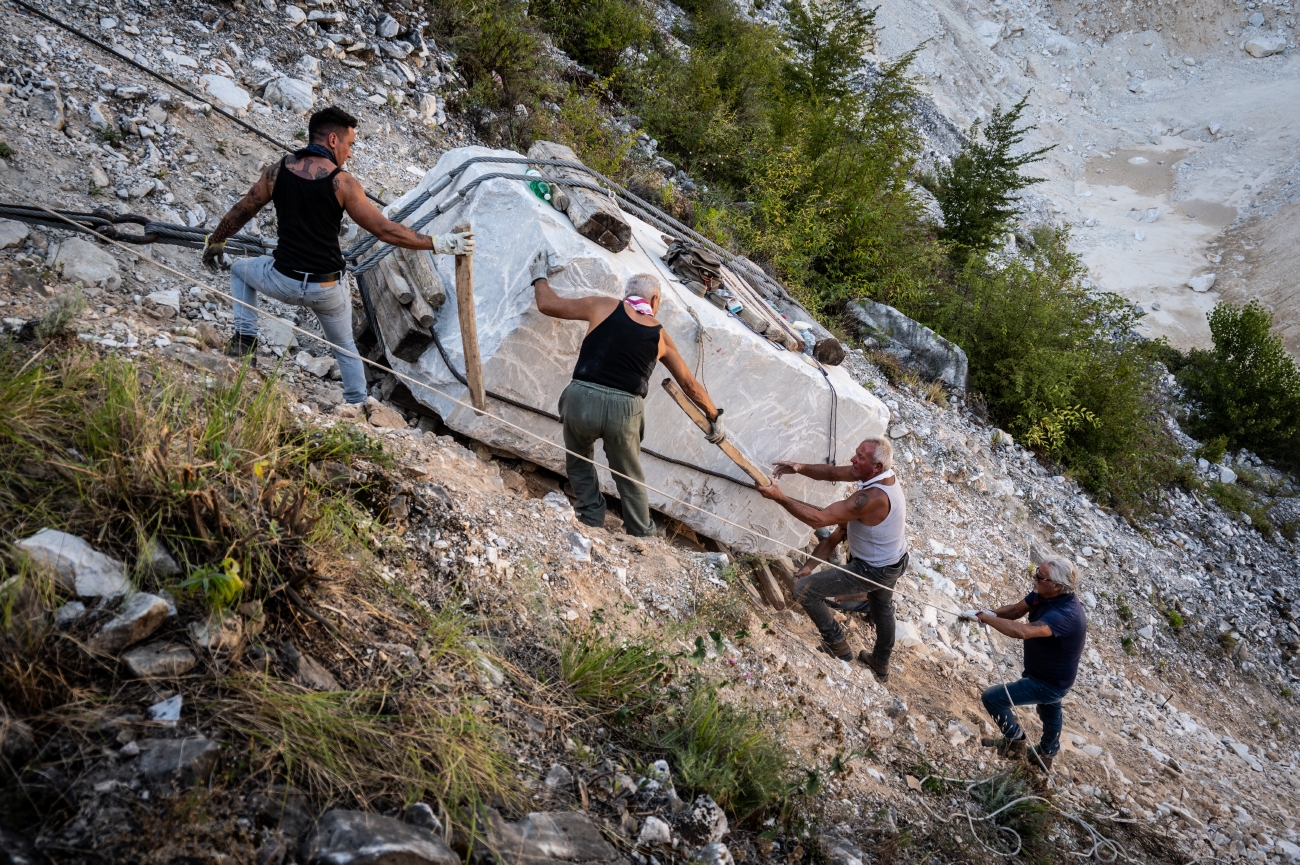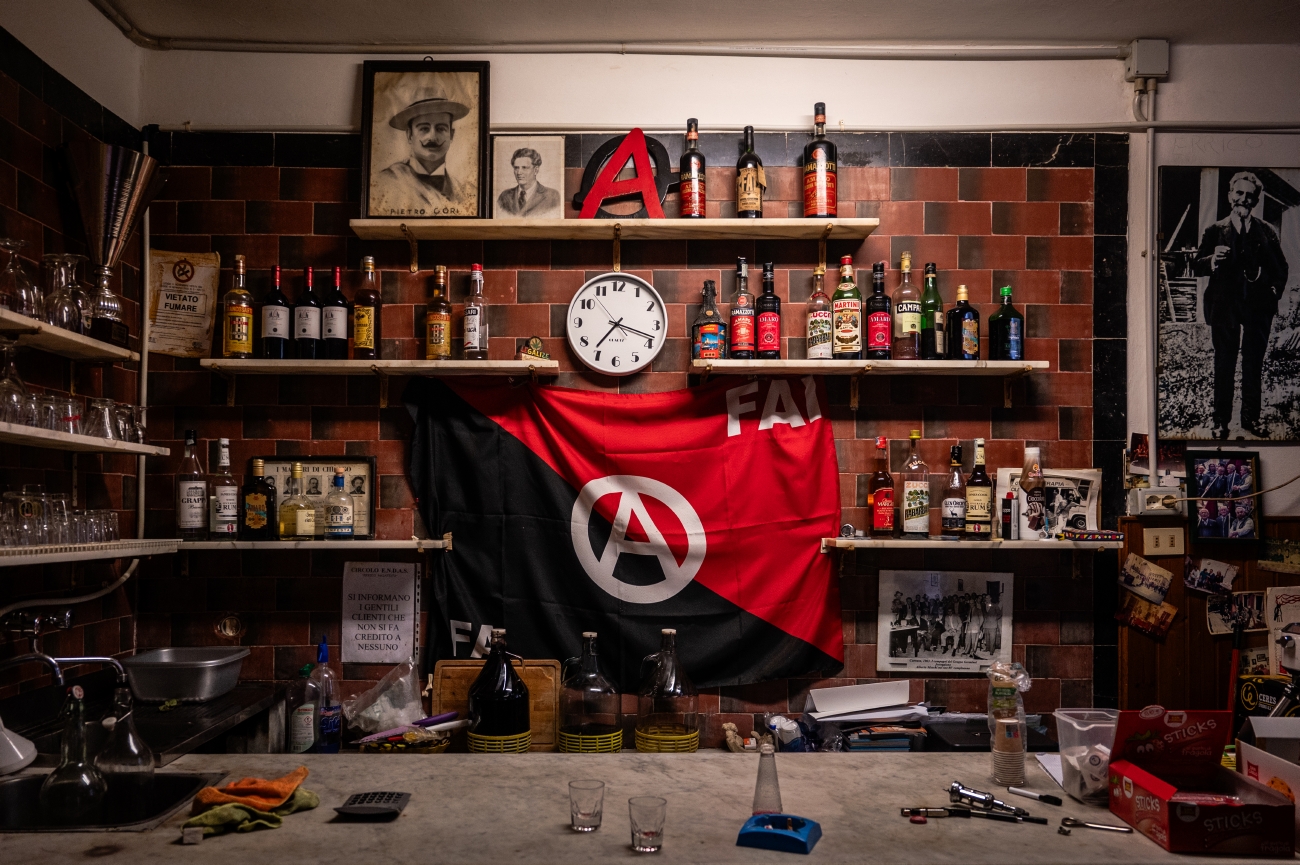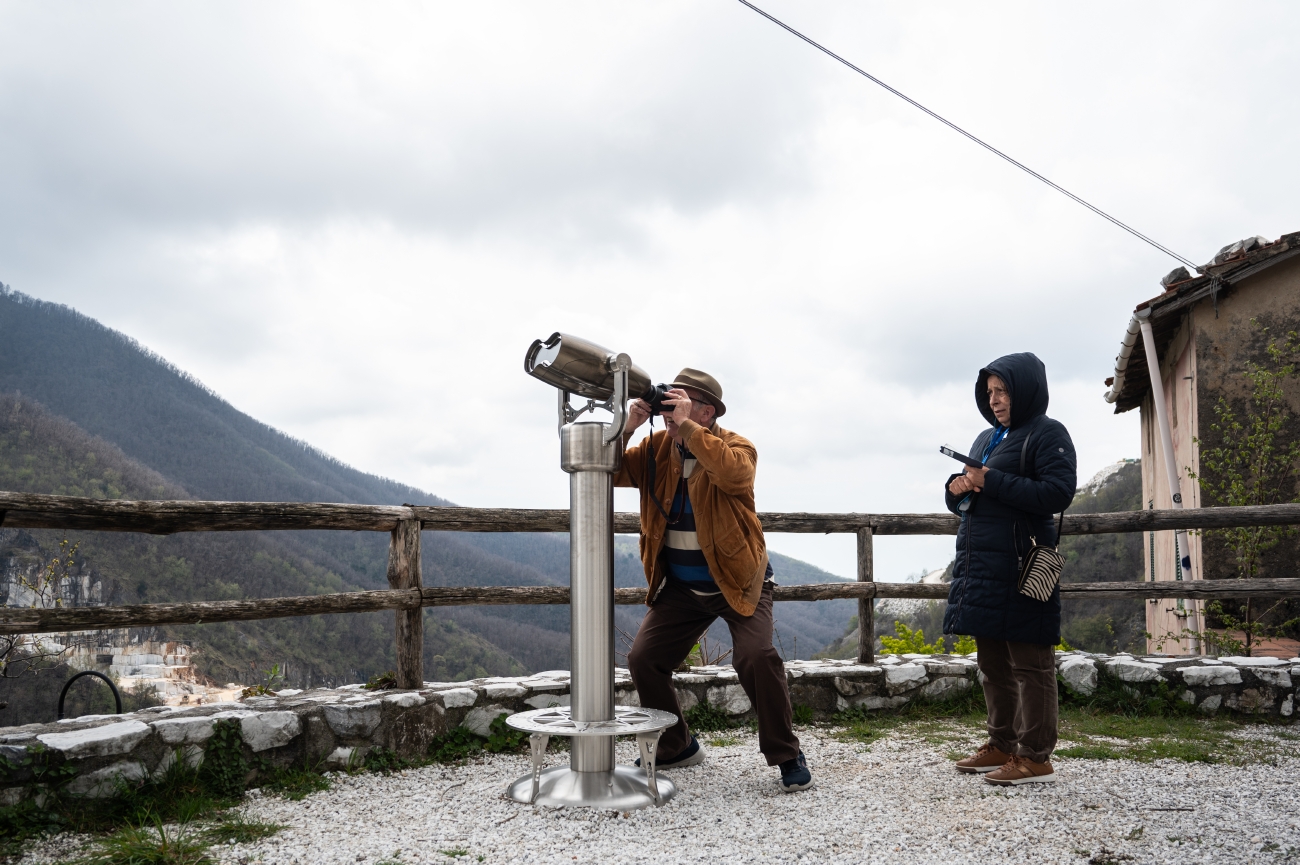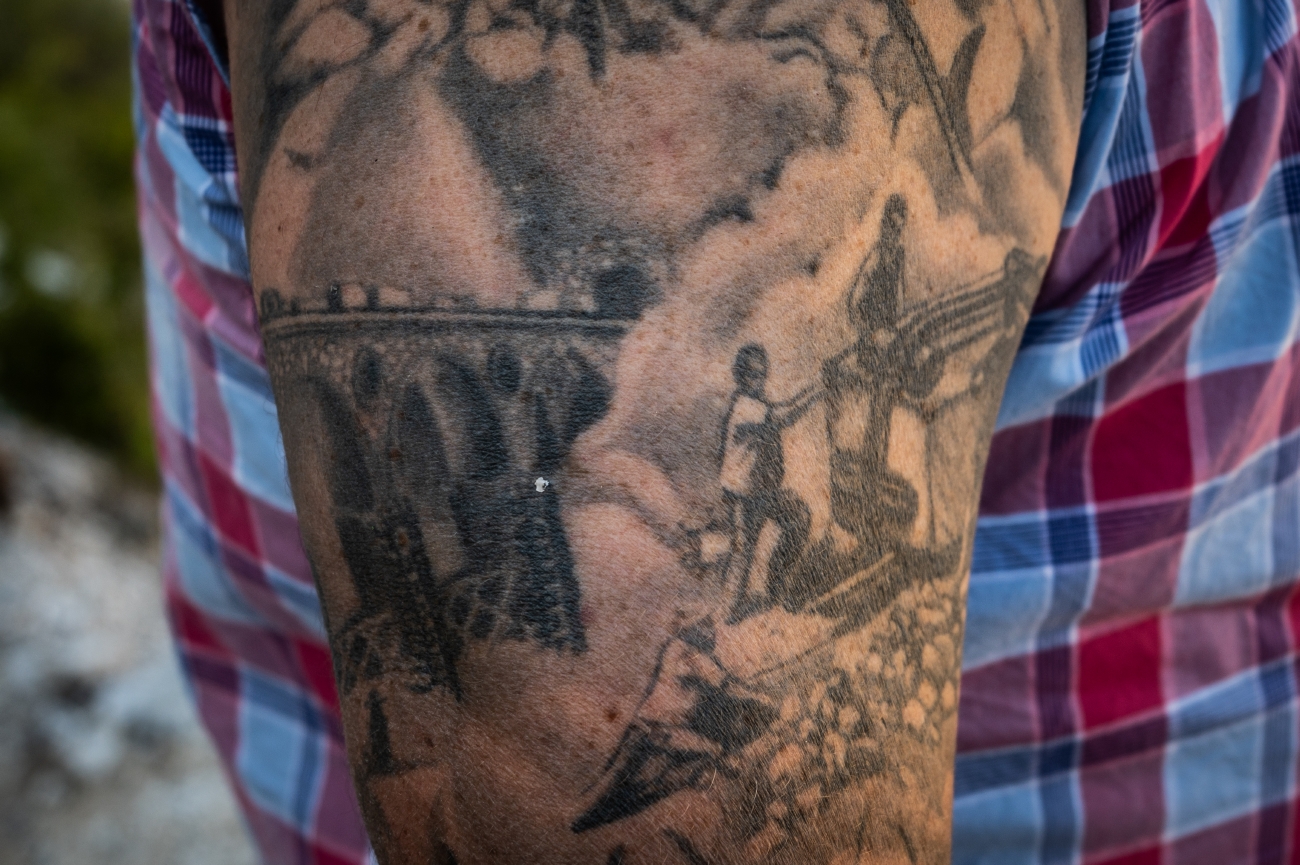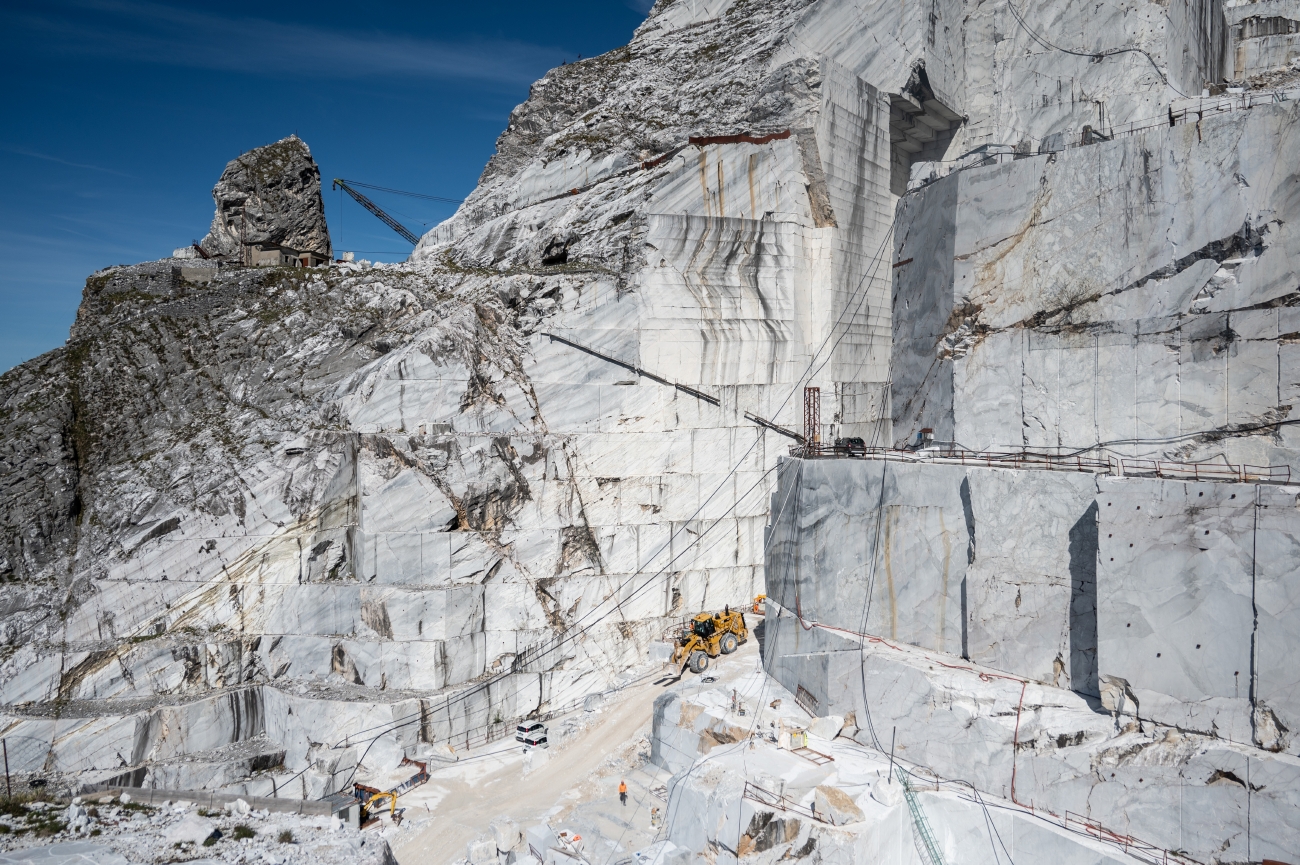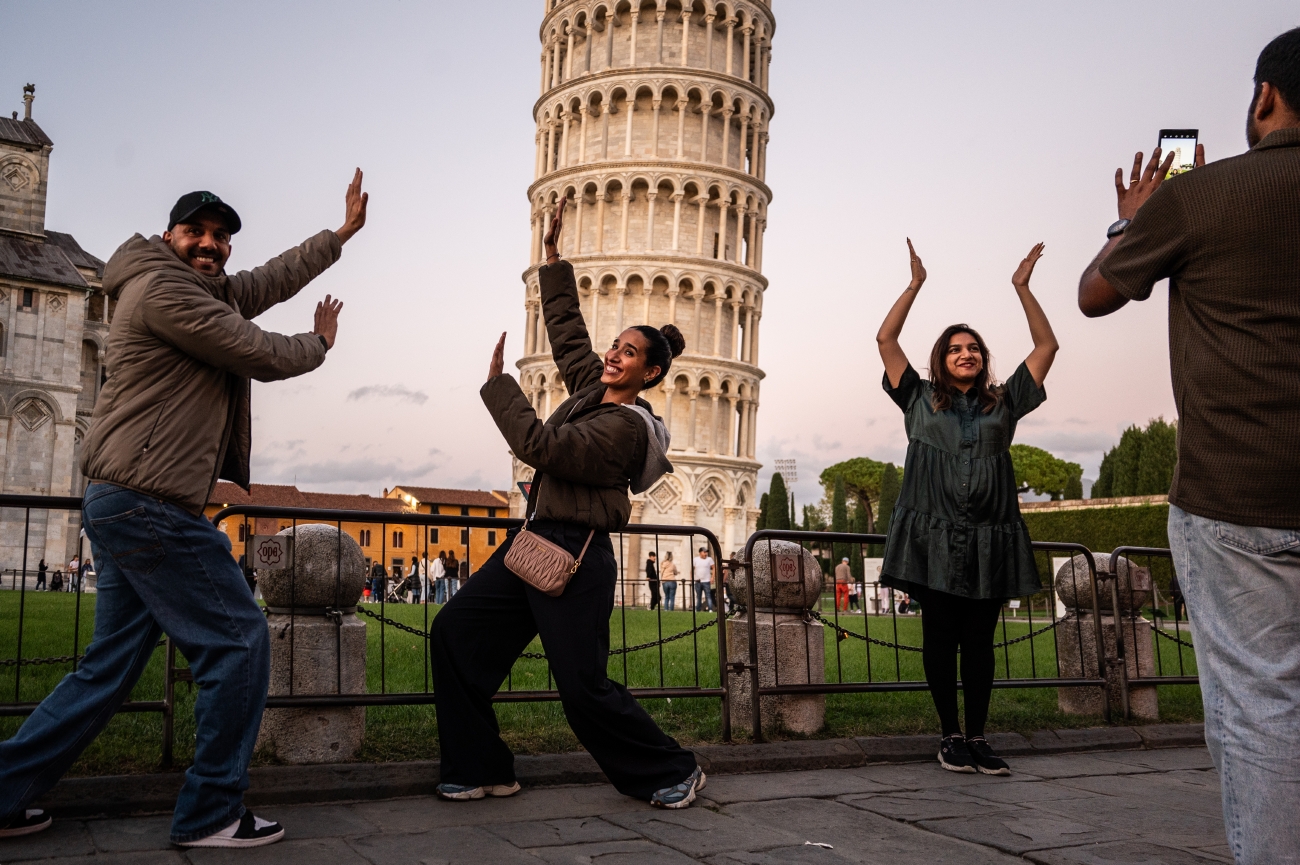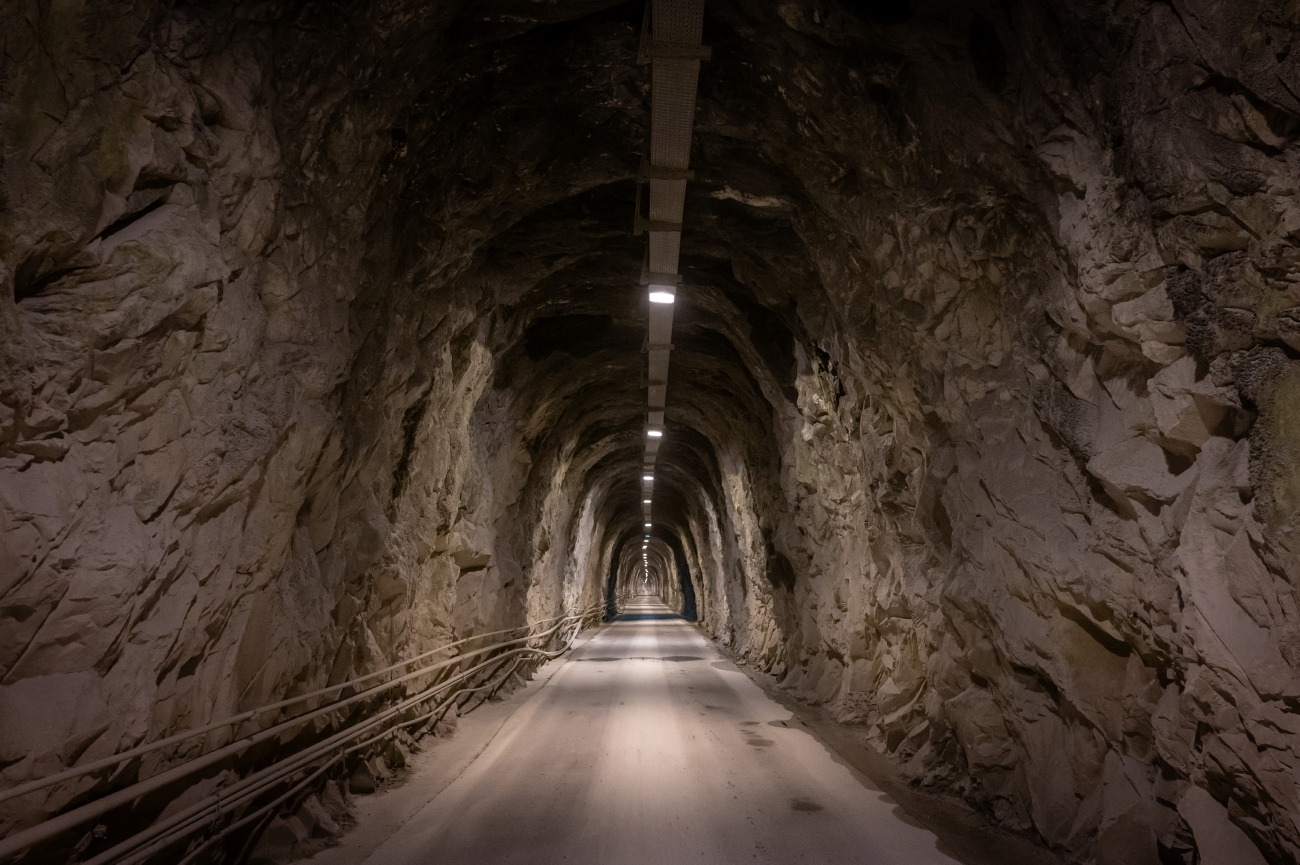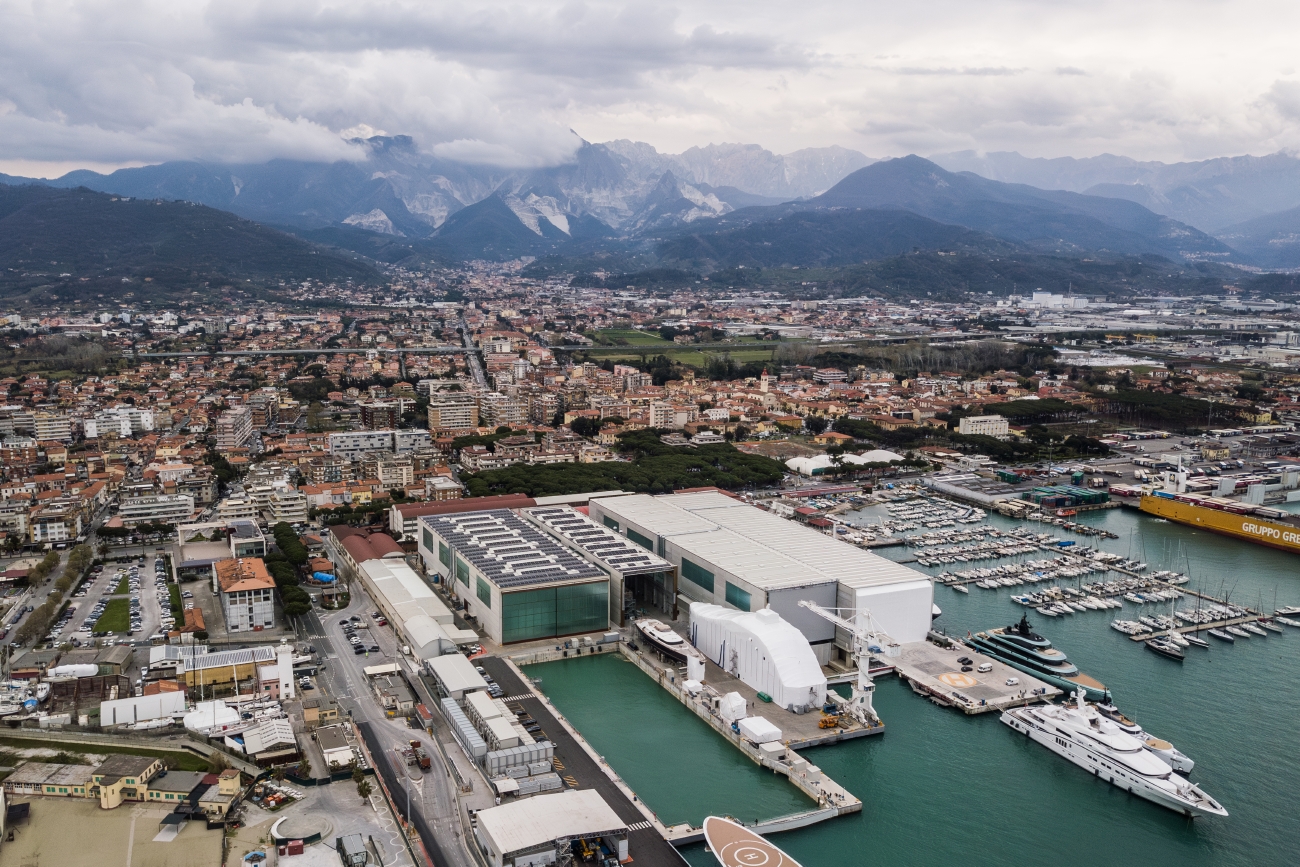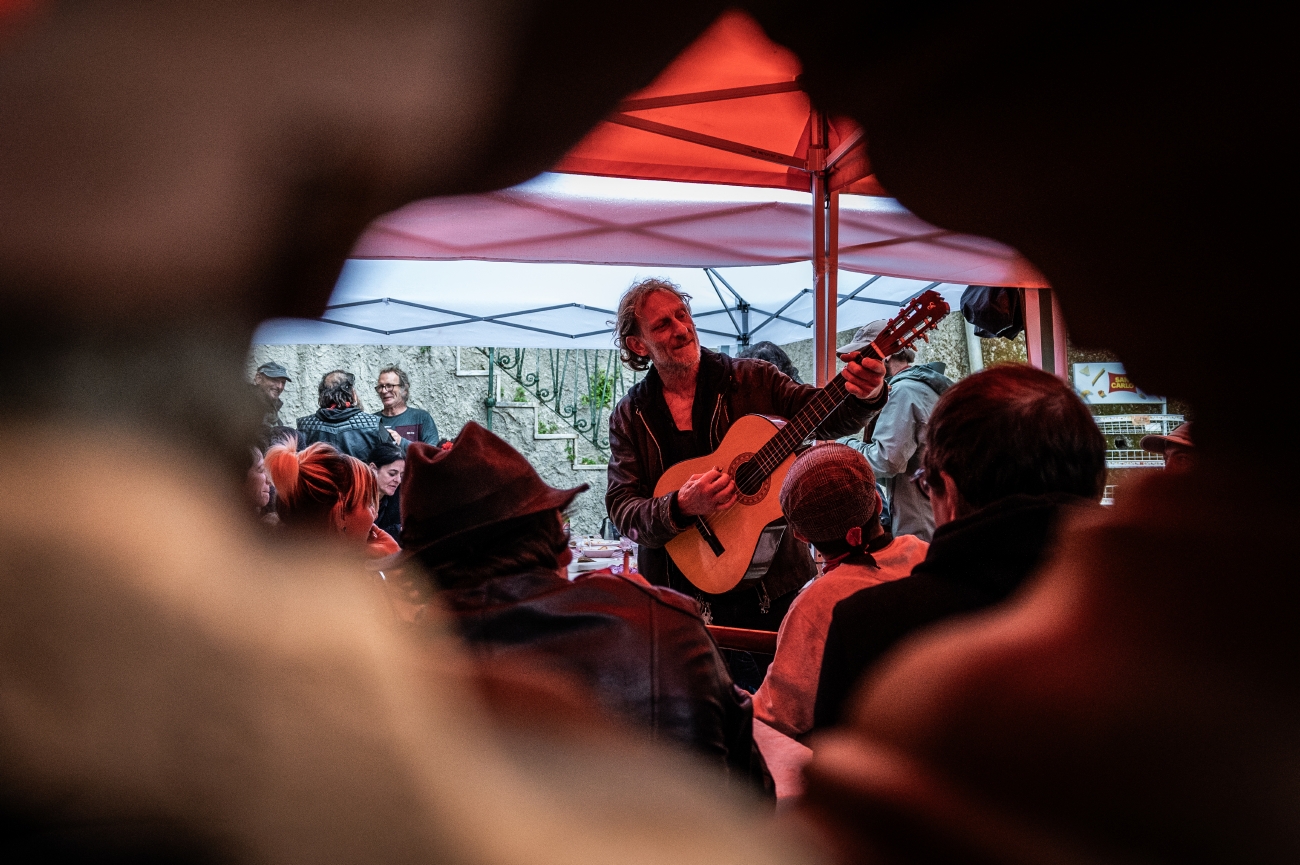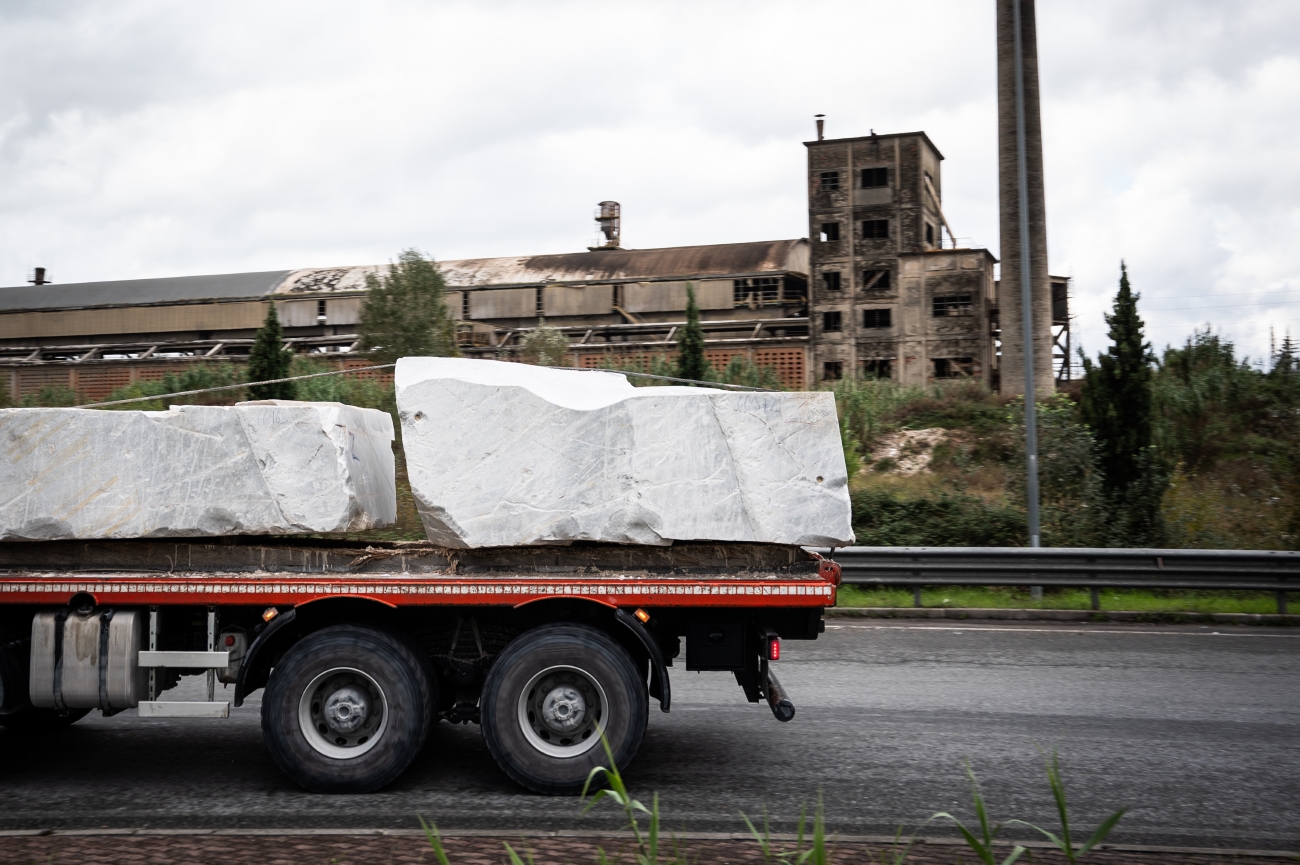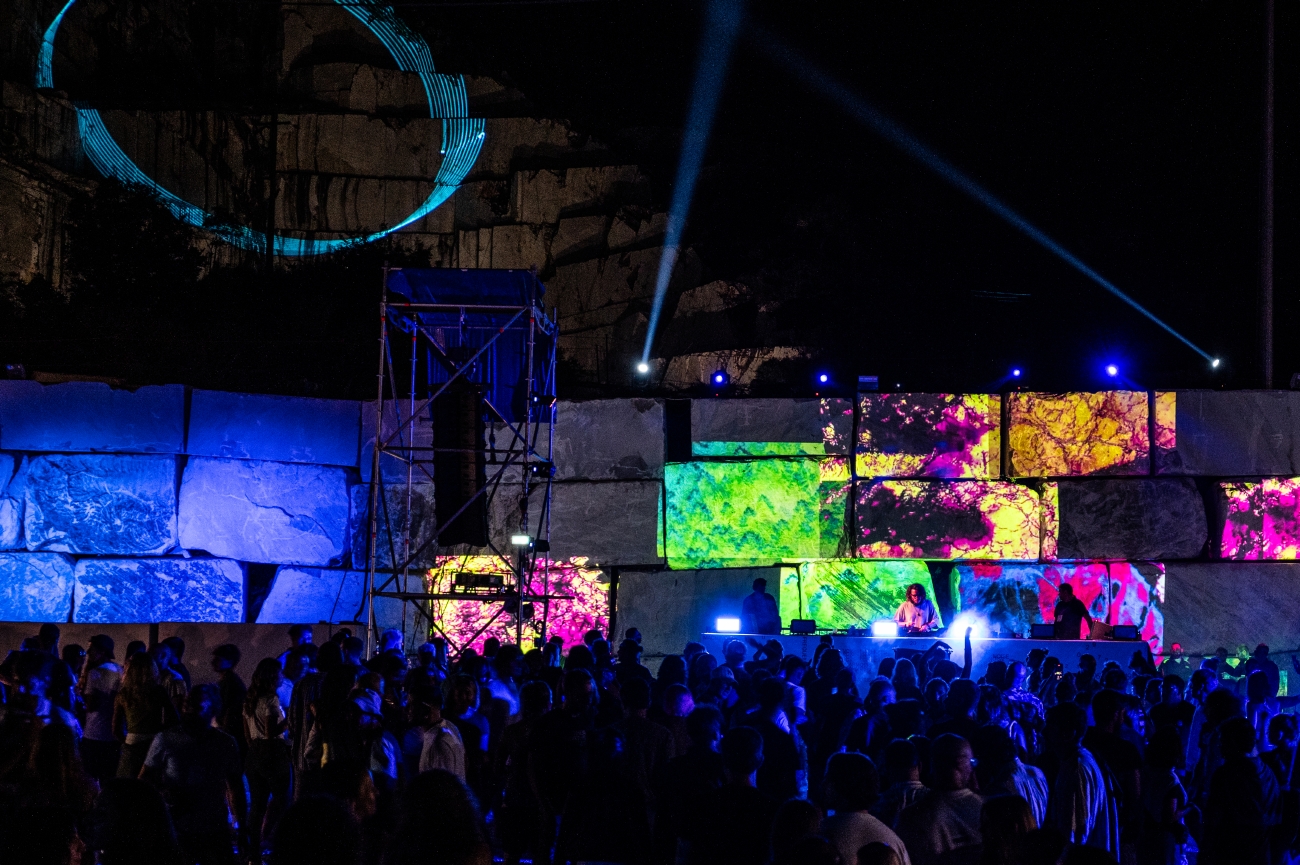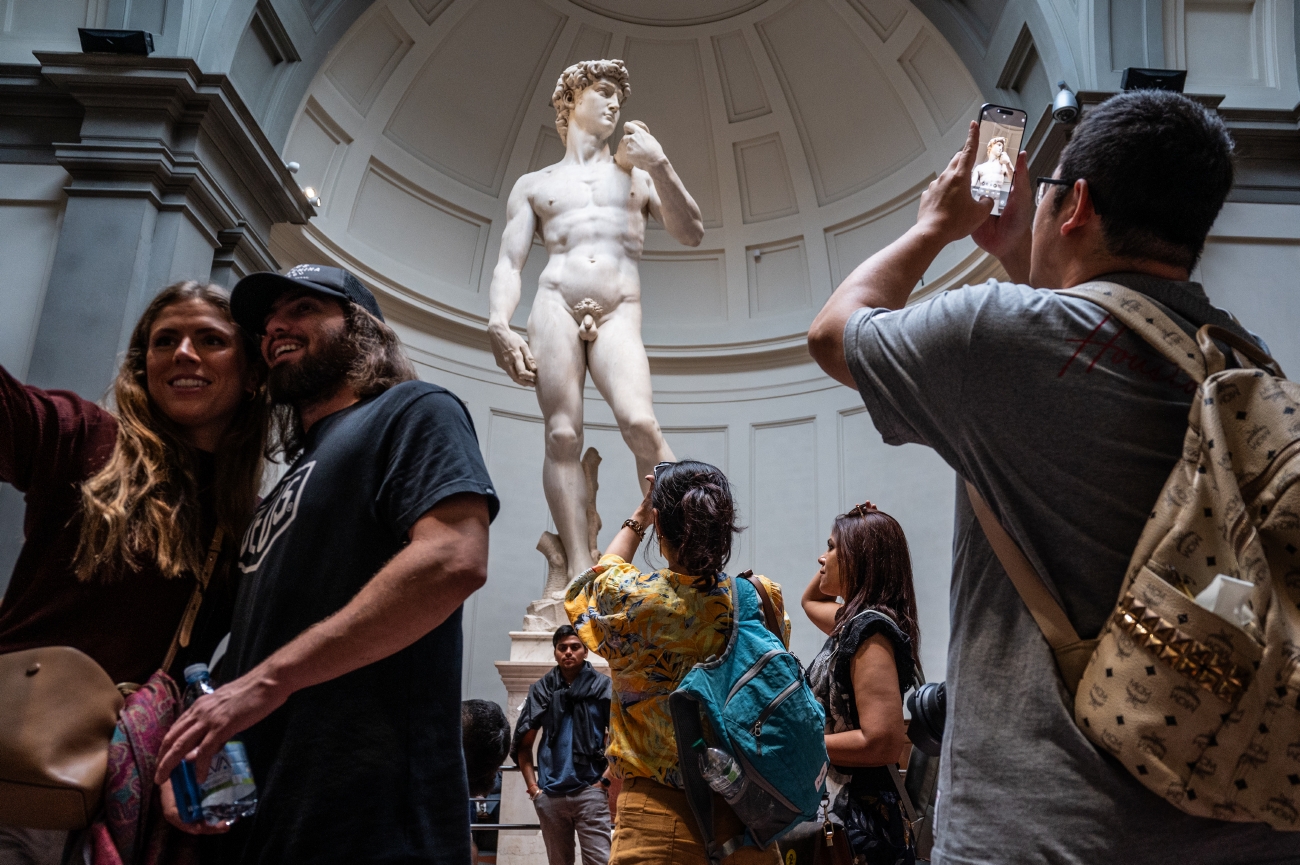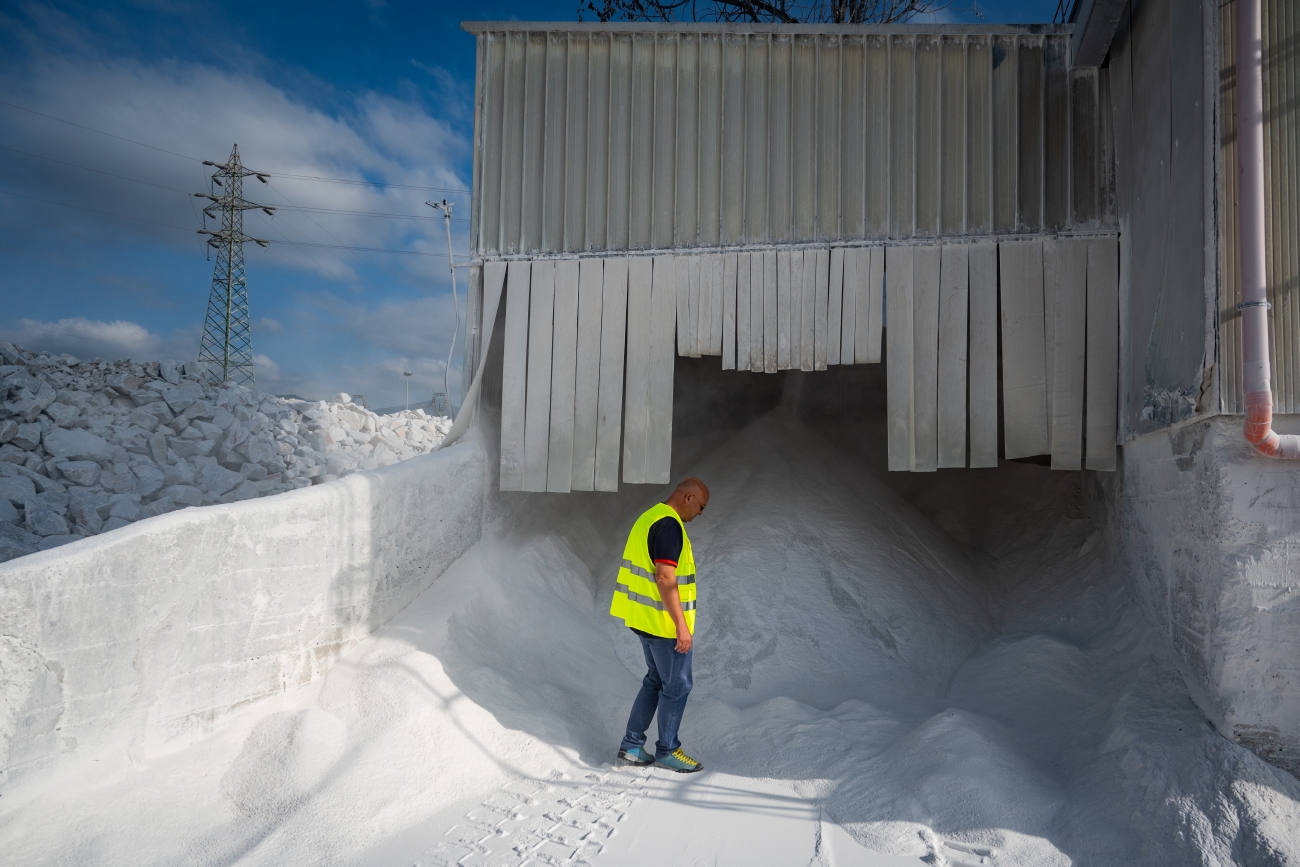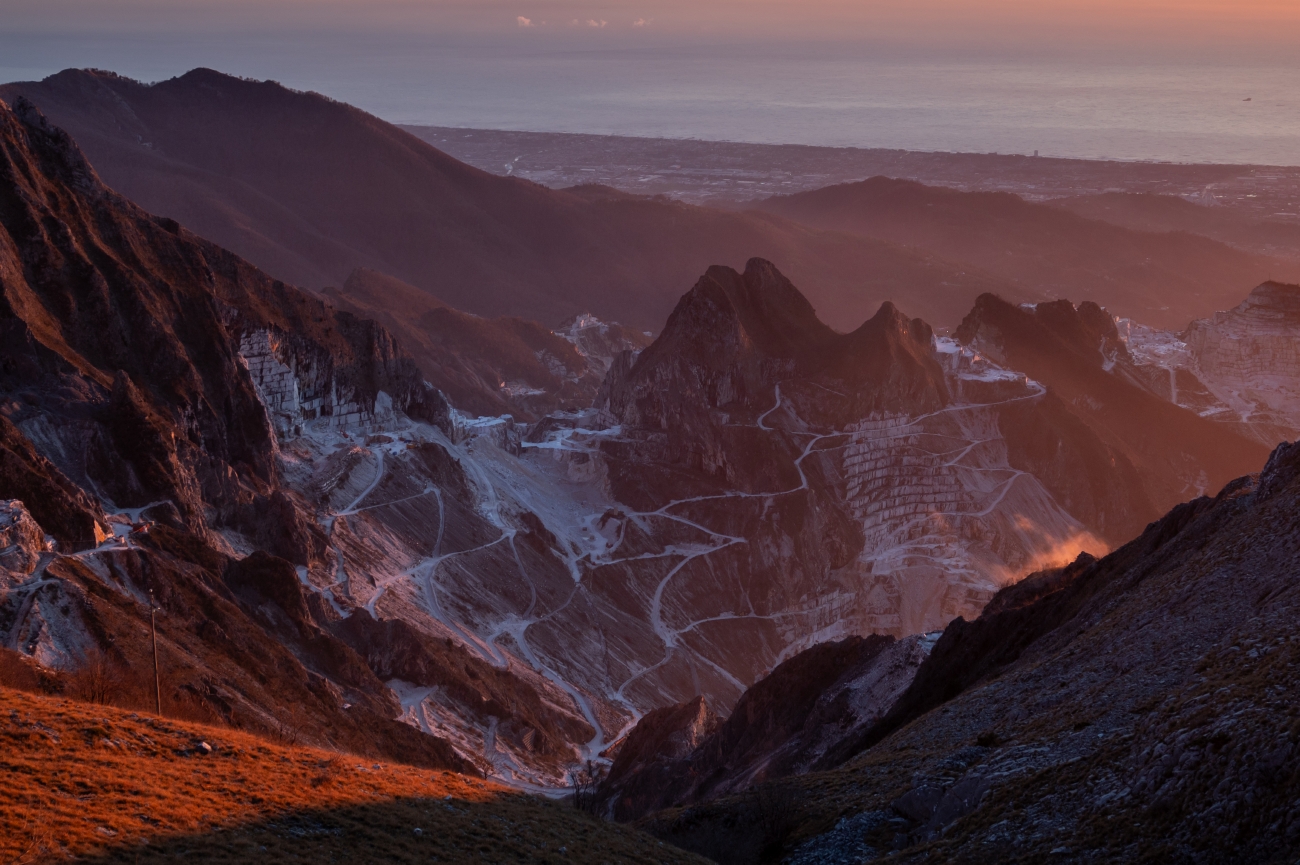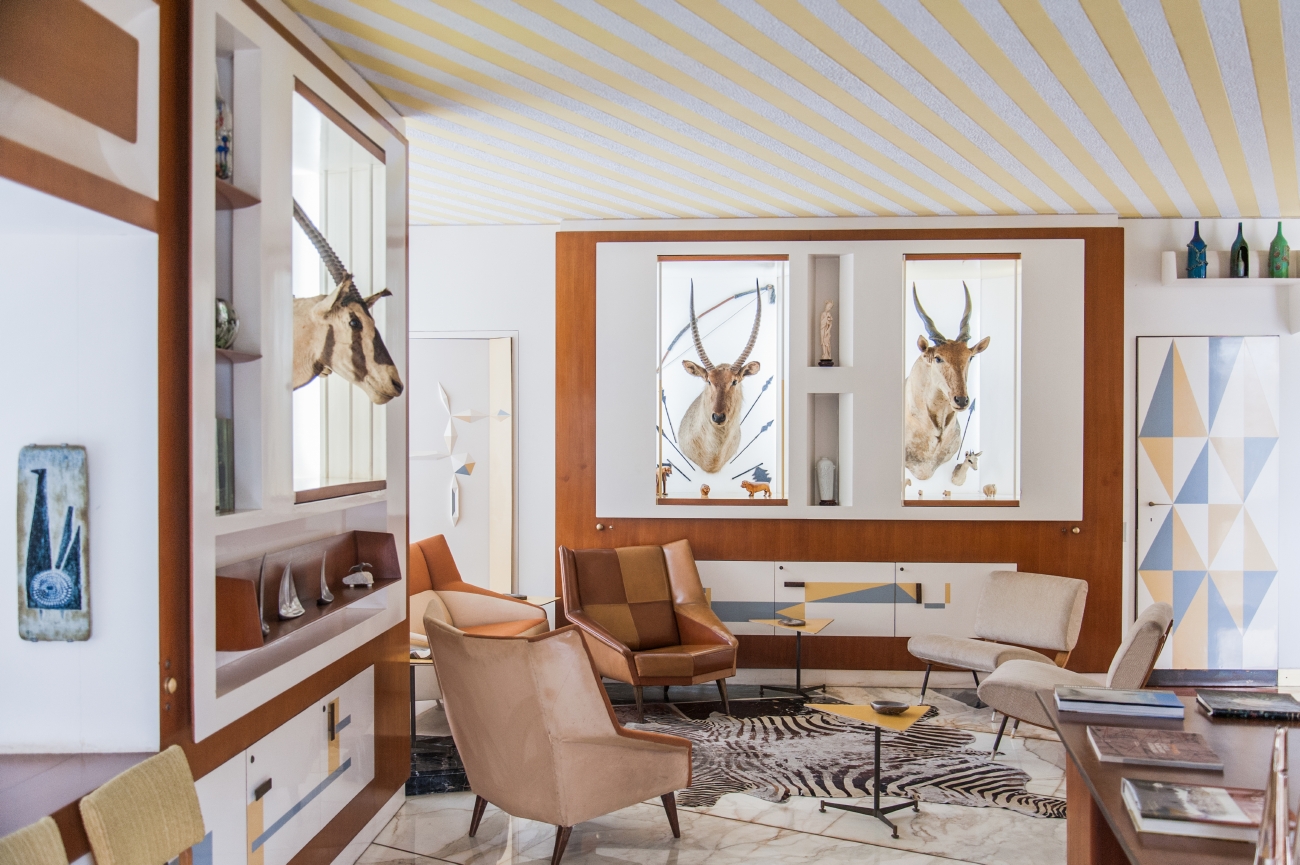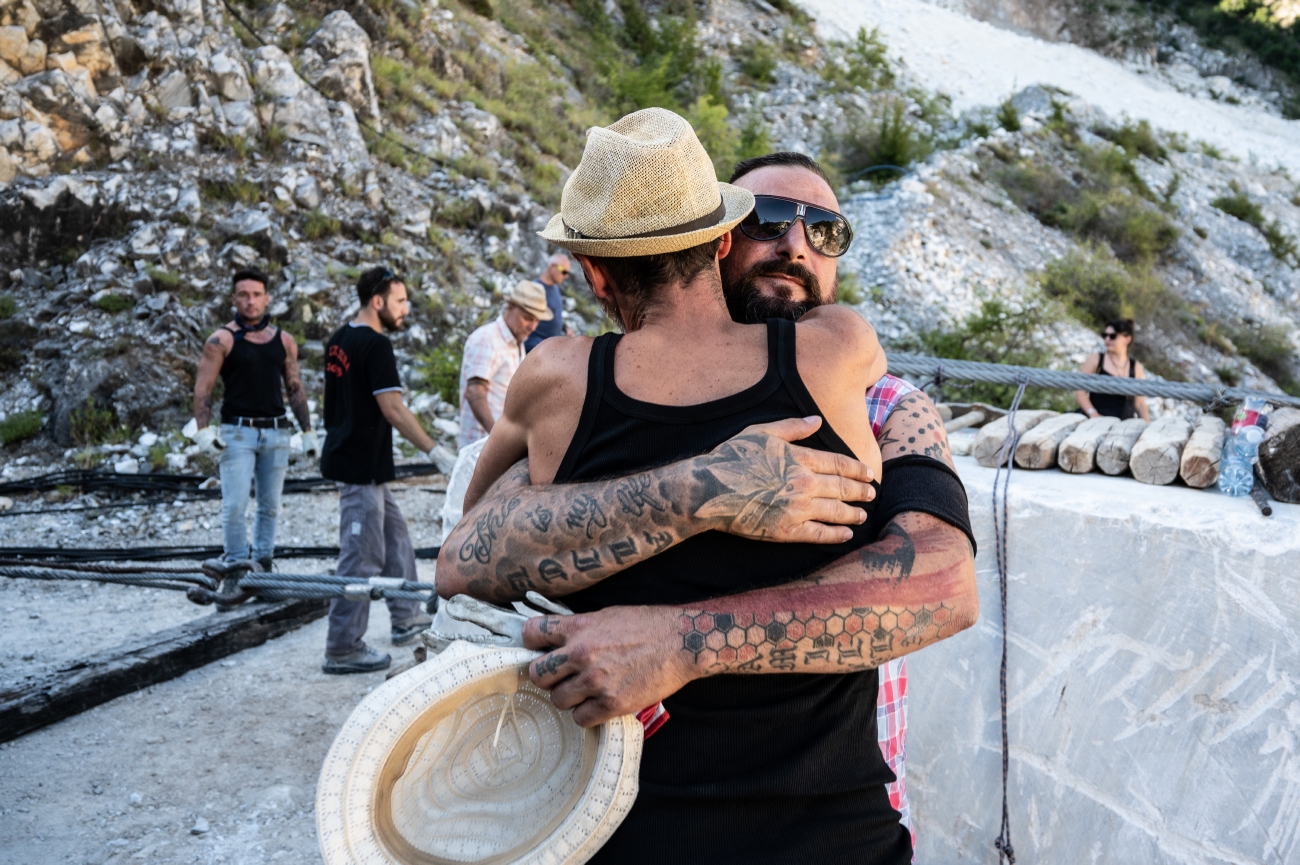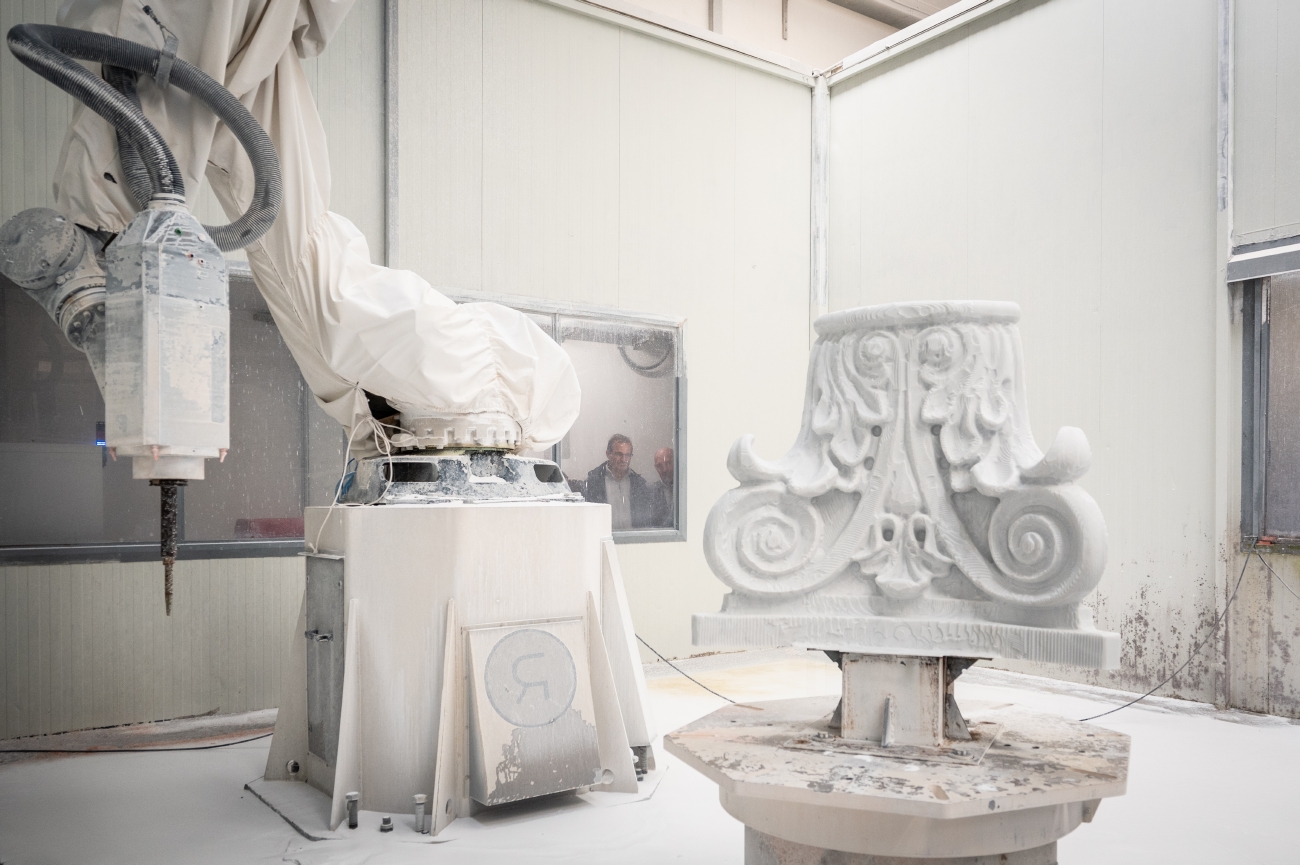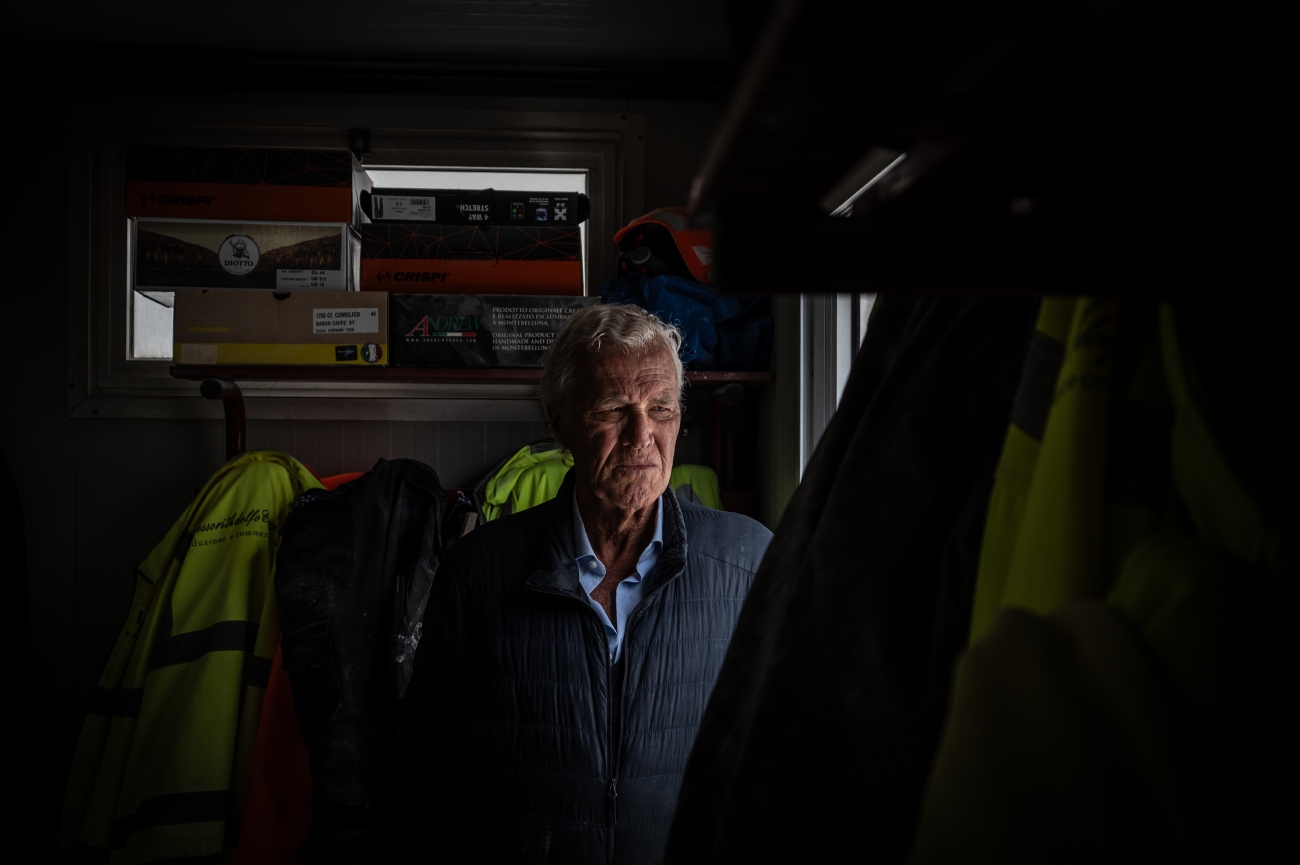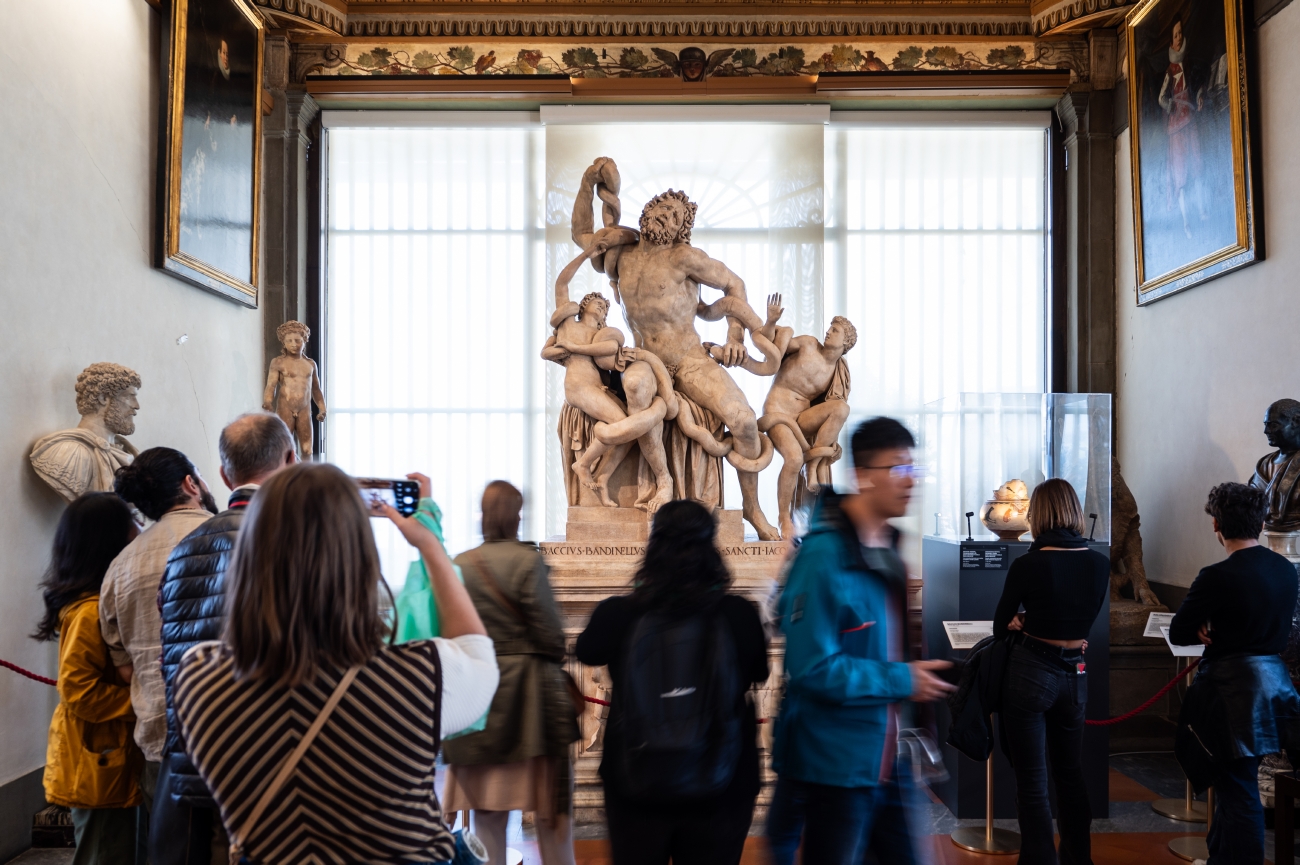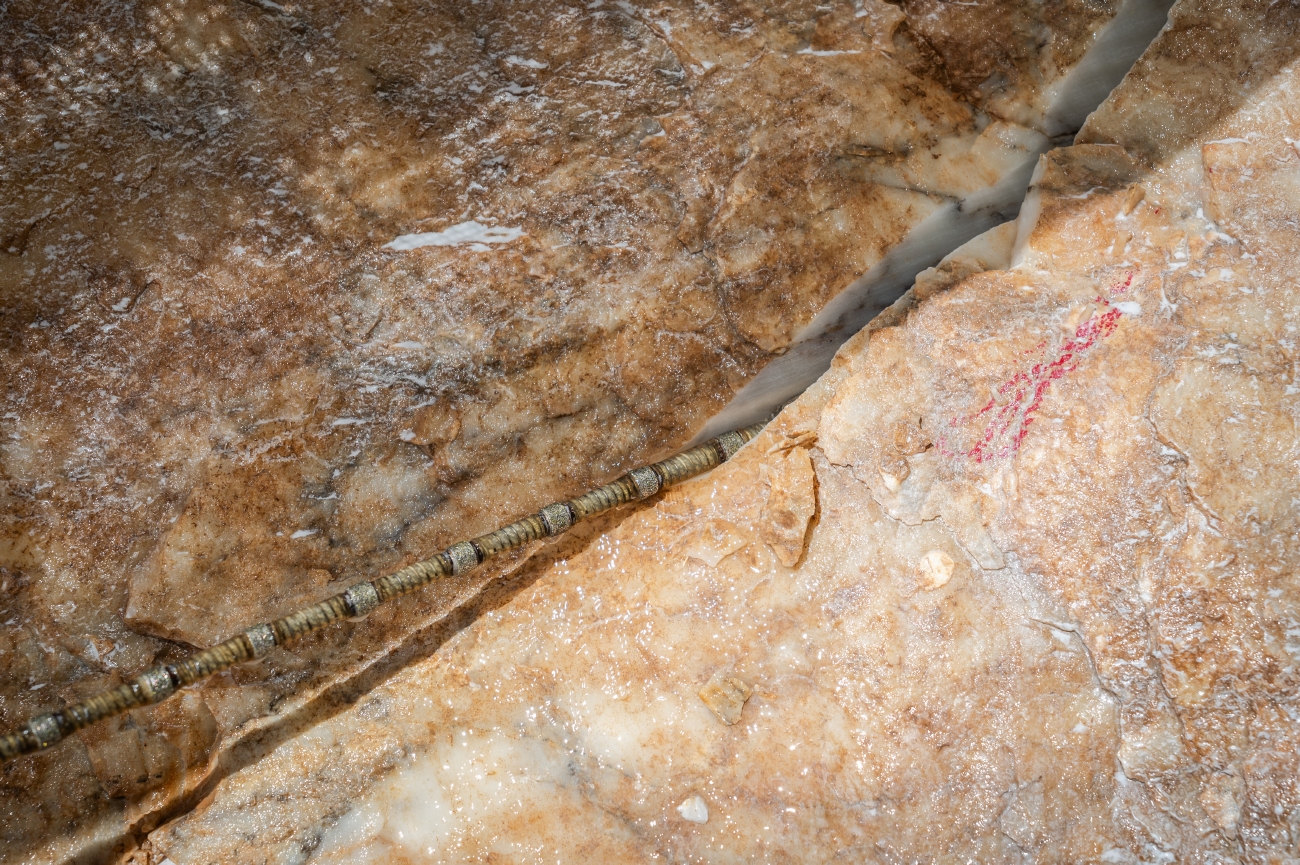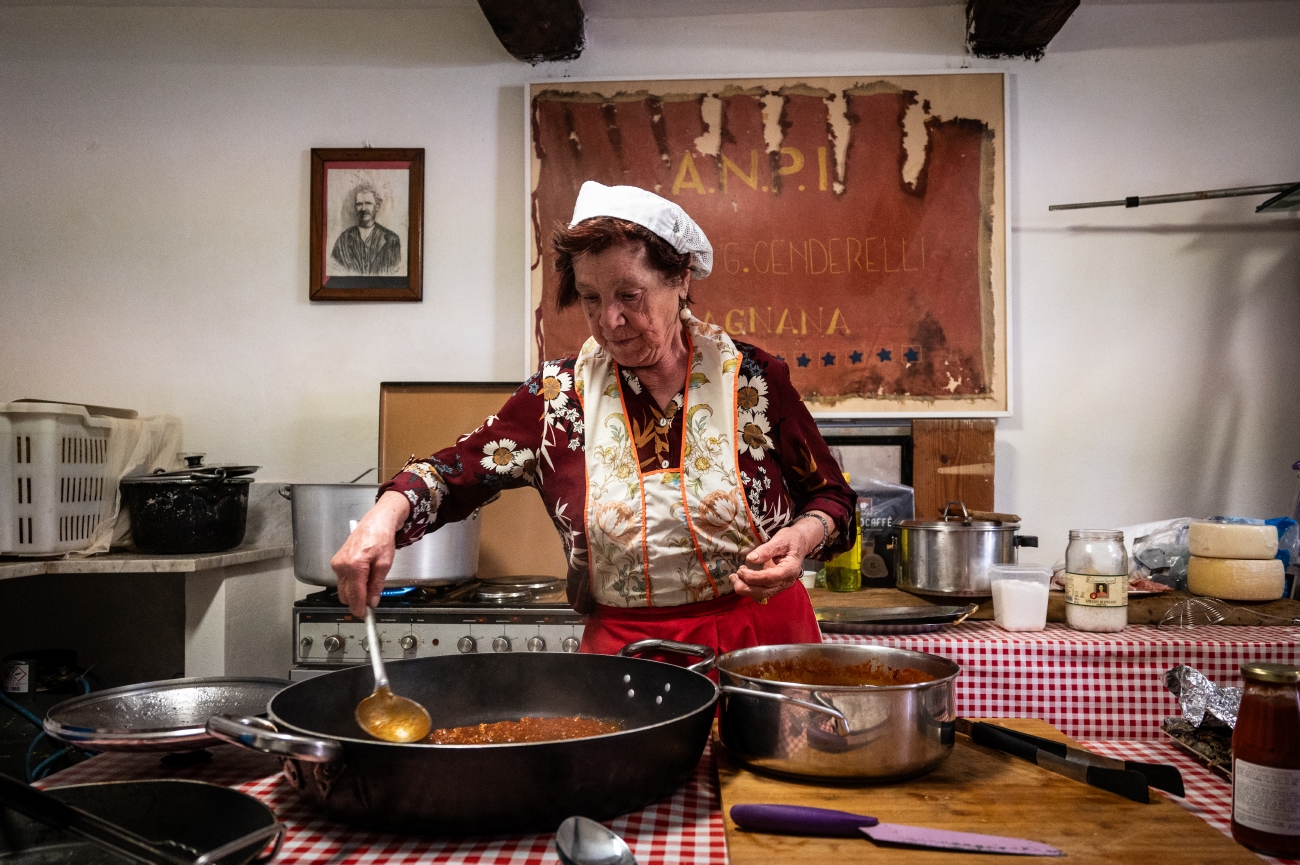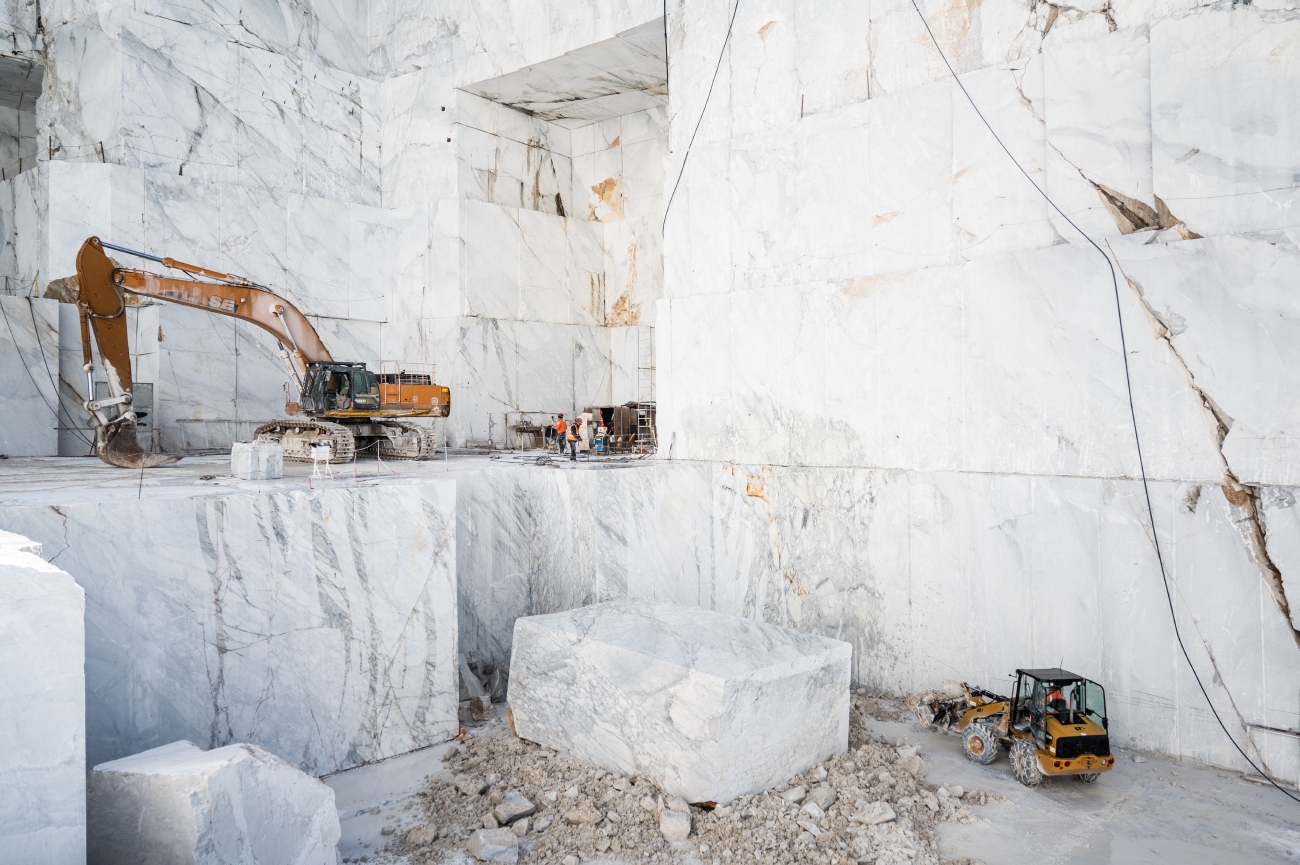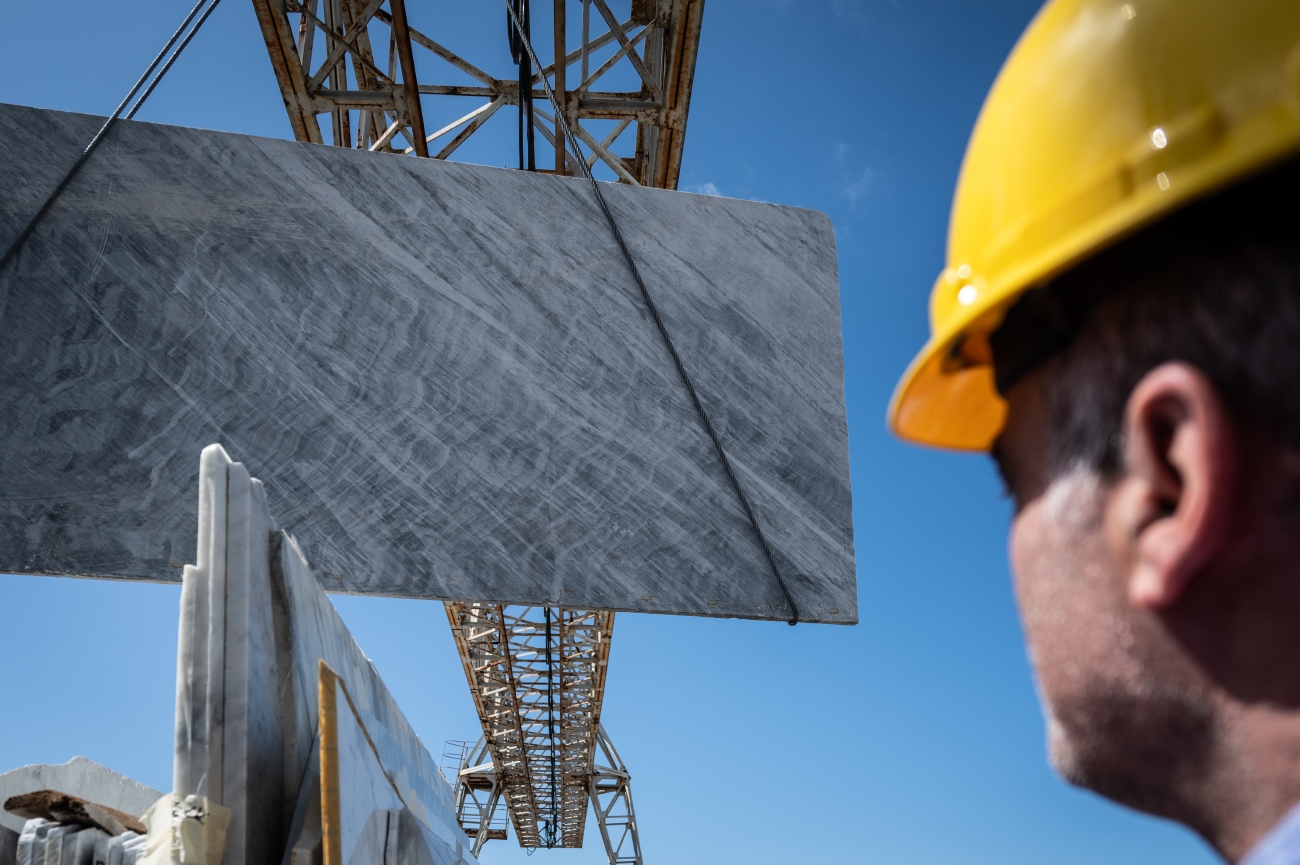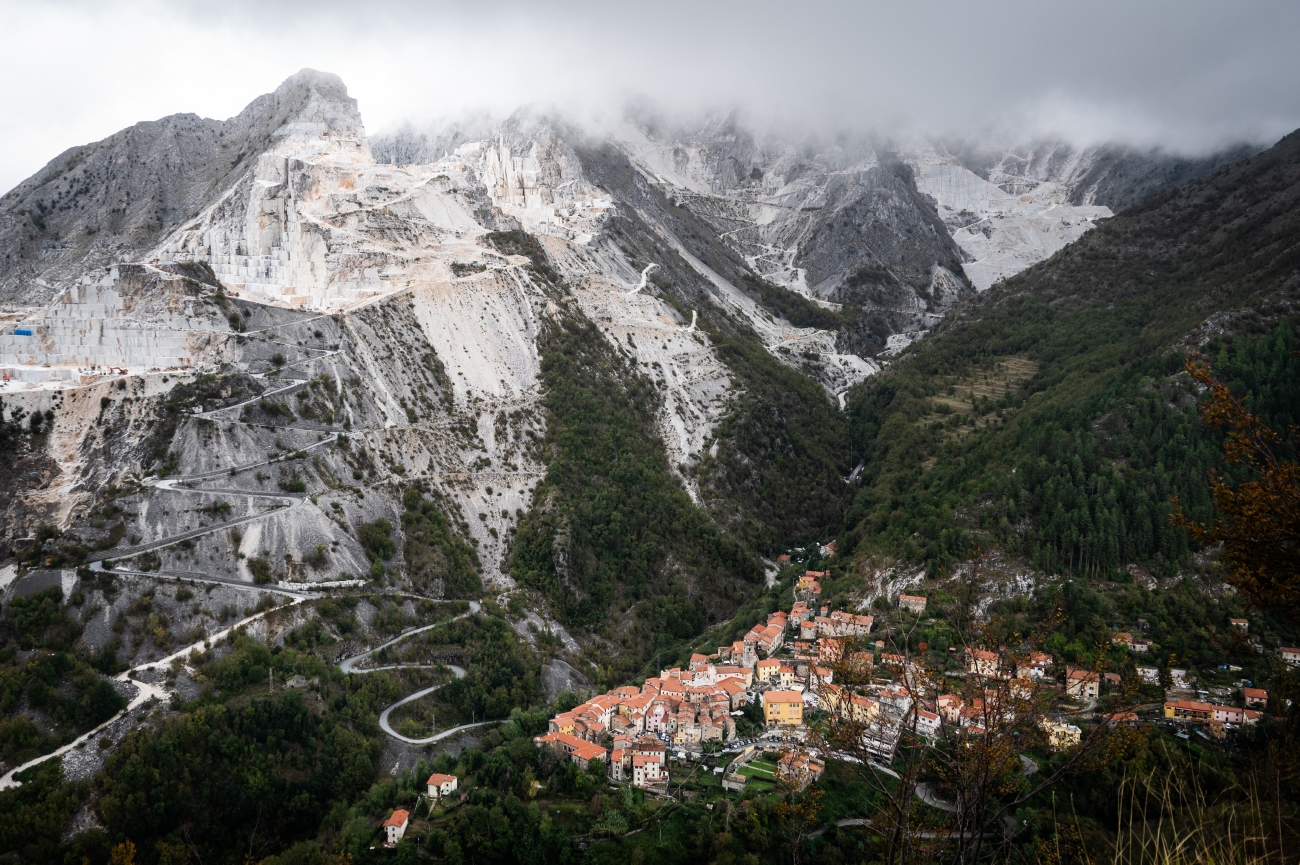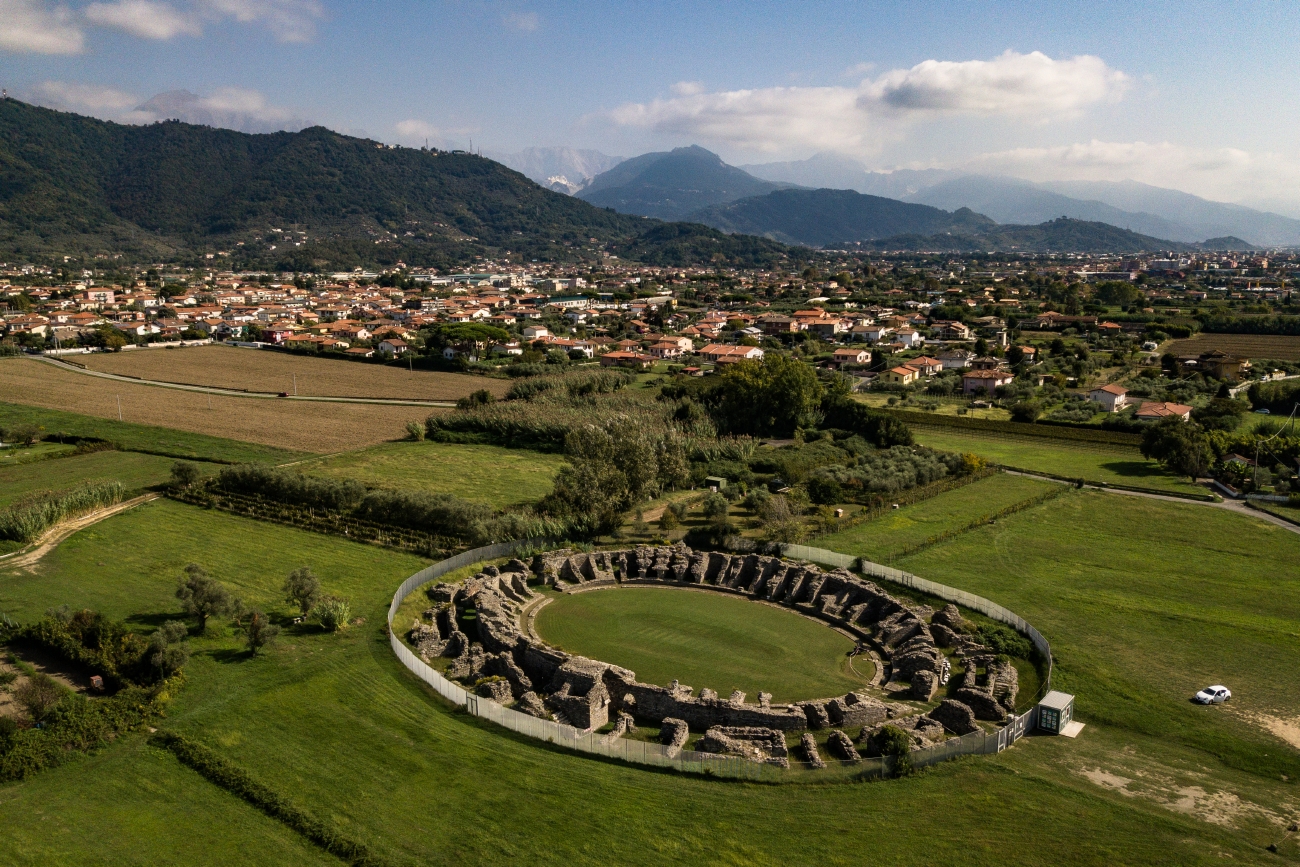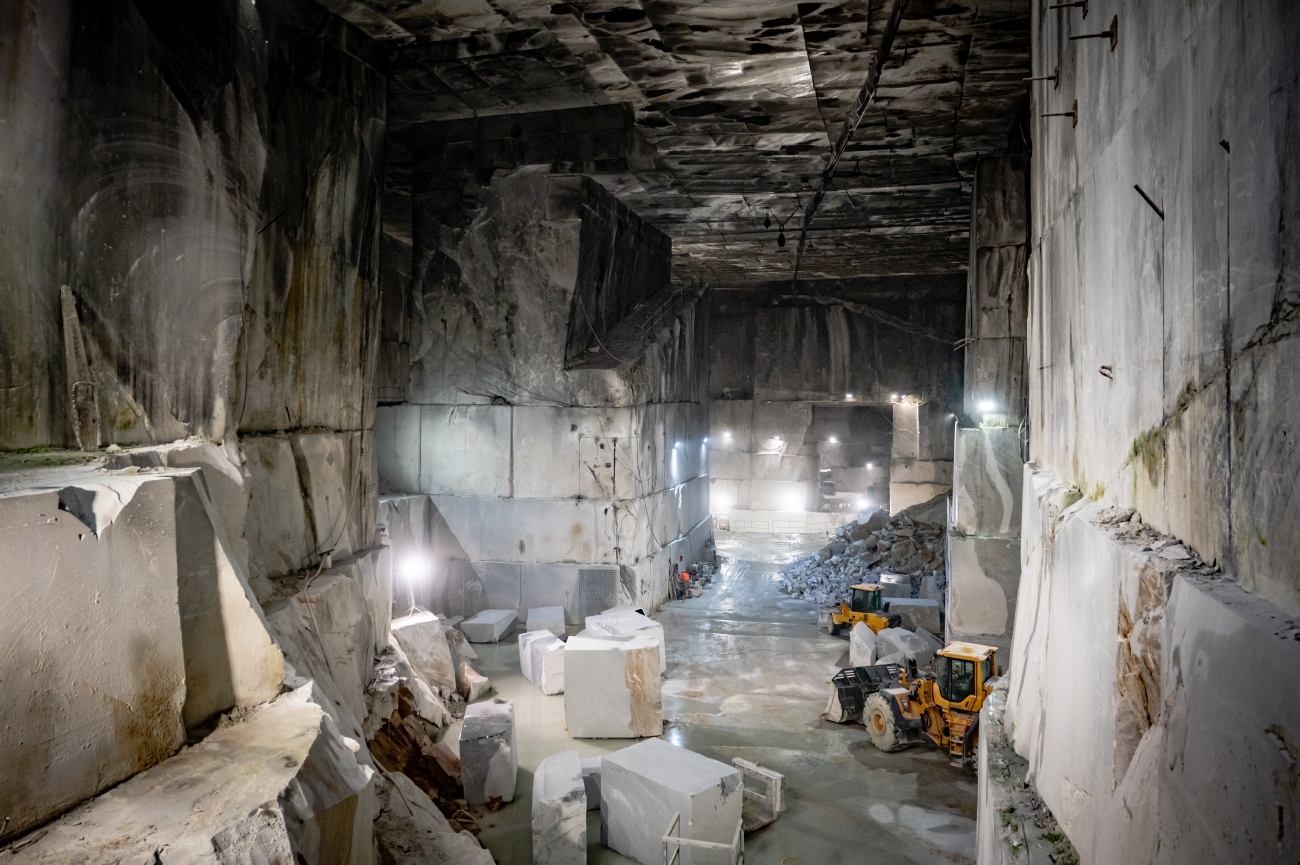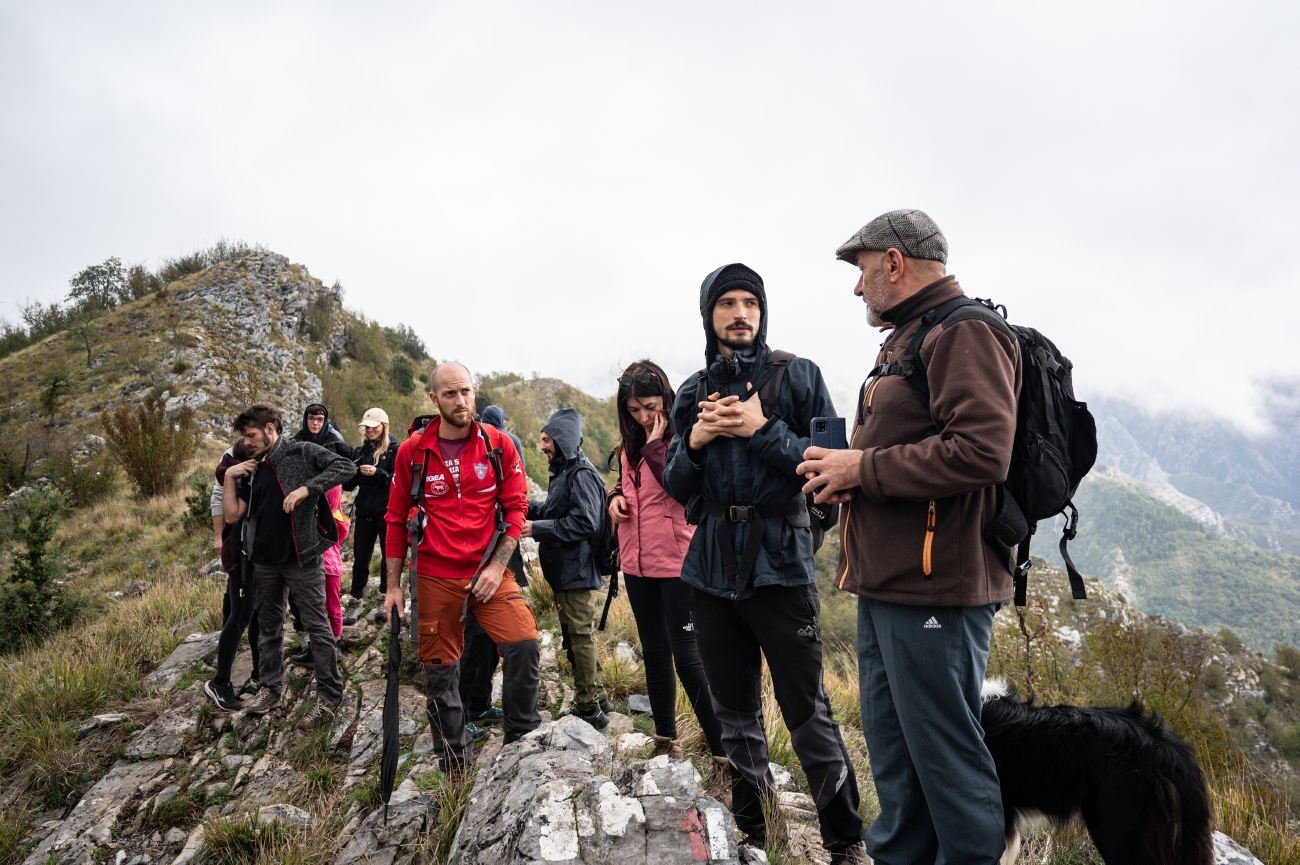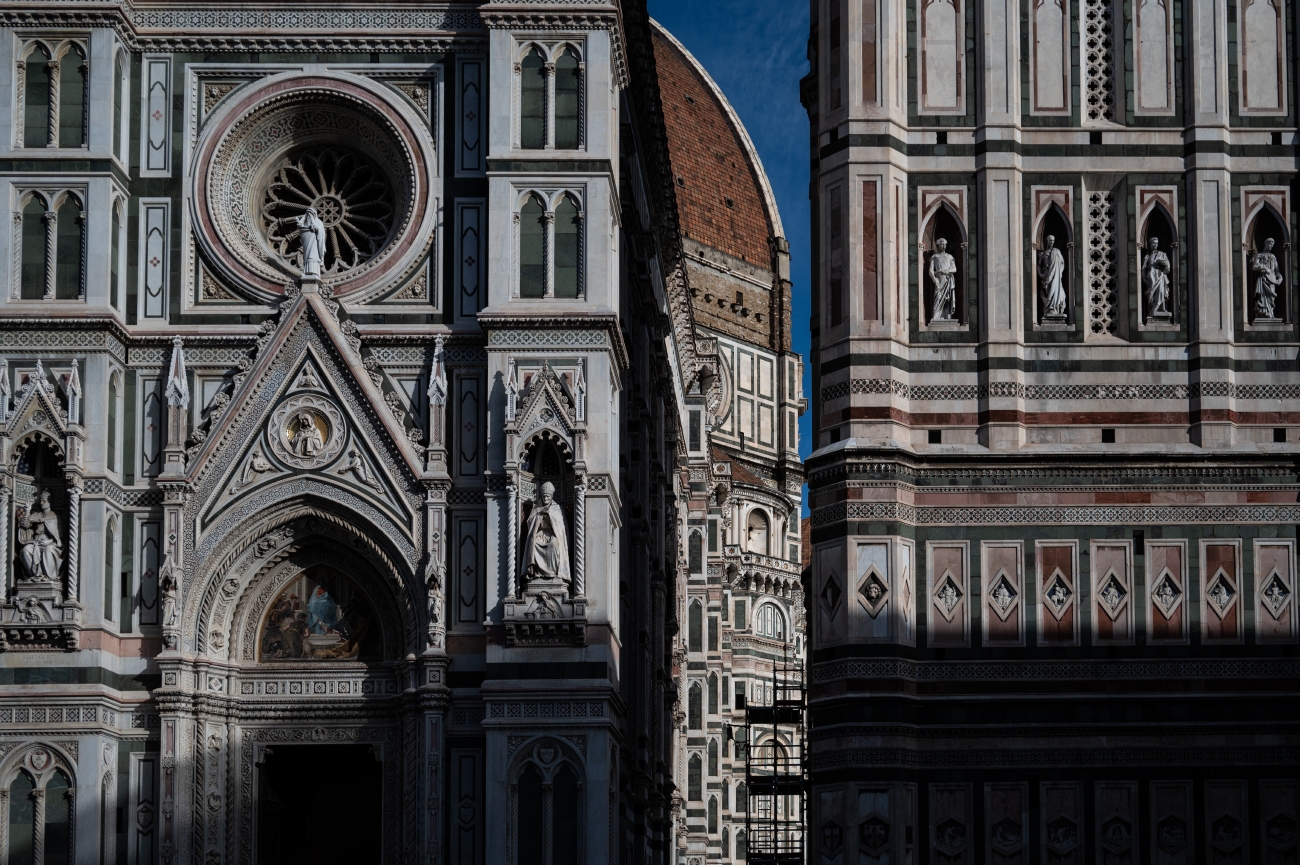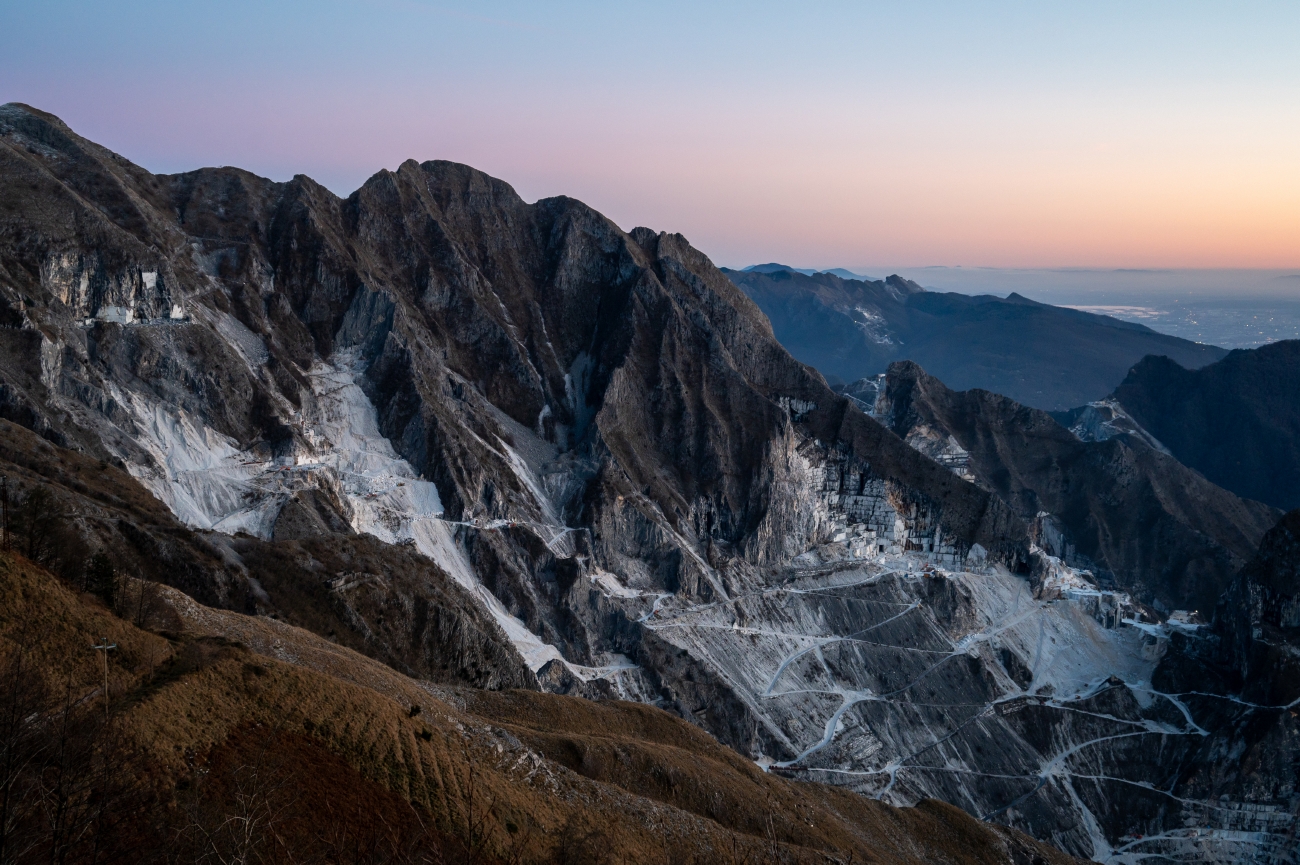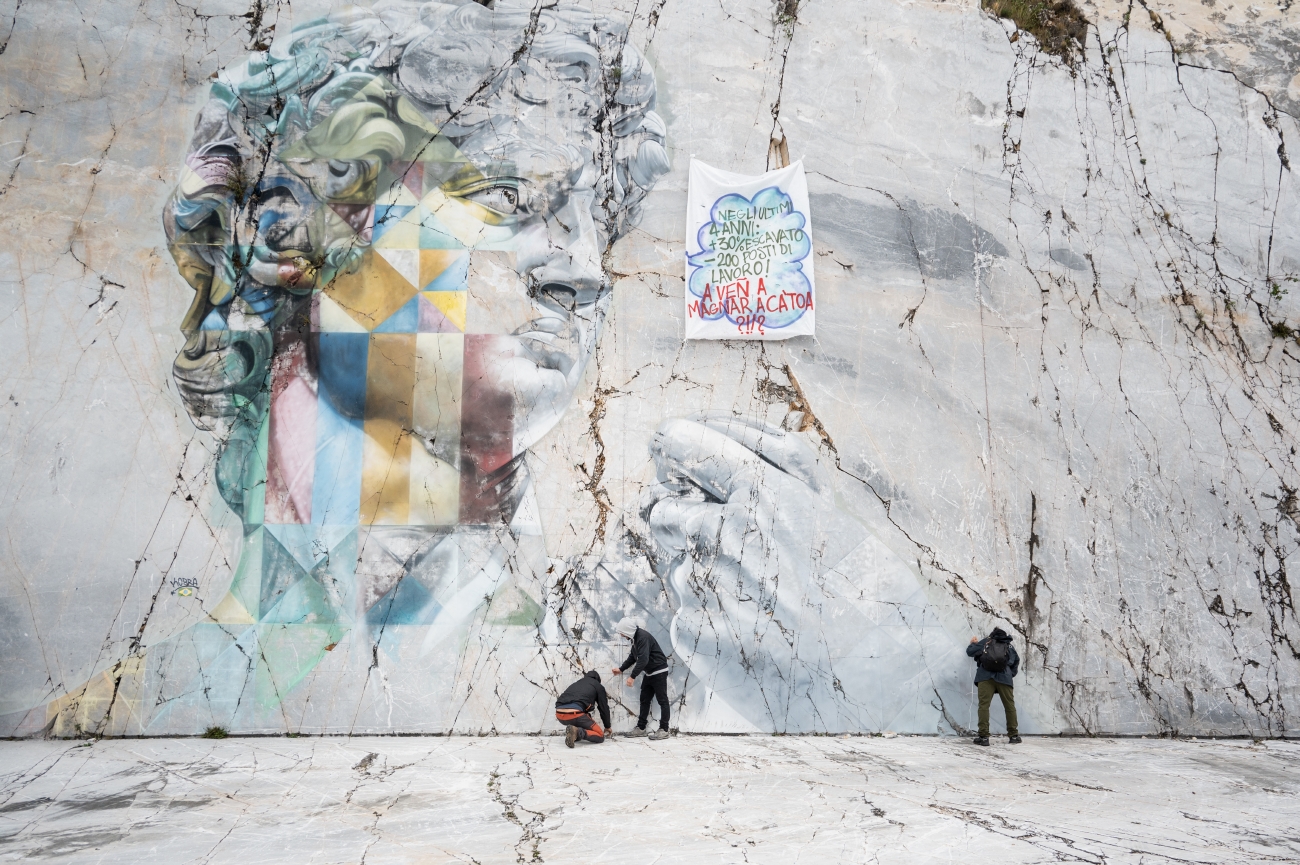Dives Marmoribus Tellus
The world’s most valuable marble has been quarried in Carrara for two thousand years. But is it still sustainable?
Photo by Alessandro Gandolfi
Dives marmoribus tellus, “rich land of marbles”. Fifteen centuries ago the poet Namazianus thus described the Apuan Alps, the heart of the world’s best marble. It is the white gold carved by Michelangelo and Canova, the shining stone on which the Romans built their empire. Because Carrara marble is the purest, whitest and most valuable of all: the spearhead of the world stone market worth 25 billion euros. Carrara is a unique cultural heritage, a treasure chest of knowledge and tradition that technology in the last century has radically altered. Today just over six hundred quarrymen (at one time there were twenty thousand) extract five million tons of marble a year from a hundred quarries, part of which is turned into powder and sold as calcium
carbonate to make toothpaste, paint, fertilizer, paper and more. Critics such as the Italian association Legambiente point out that more marble has been extracted in the last 30 years than in the last 2,000, and that “the protection of the Apuan Alps is seriously threatened by anthropogenic pressure.” Wealthy entrepreneurs ensure that they operate with sustainability in mind and invest in social projects linked to the local area. Carrara needs this: the marble capital of the world is (paradoxically) an increasingly poor, empty and unemployed city.
(2024)
